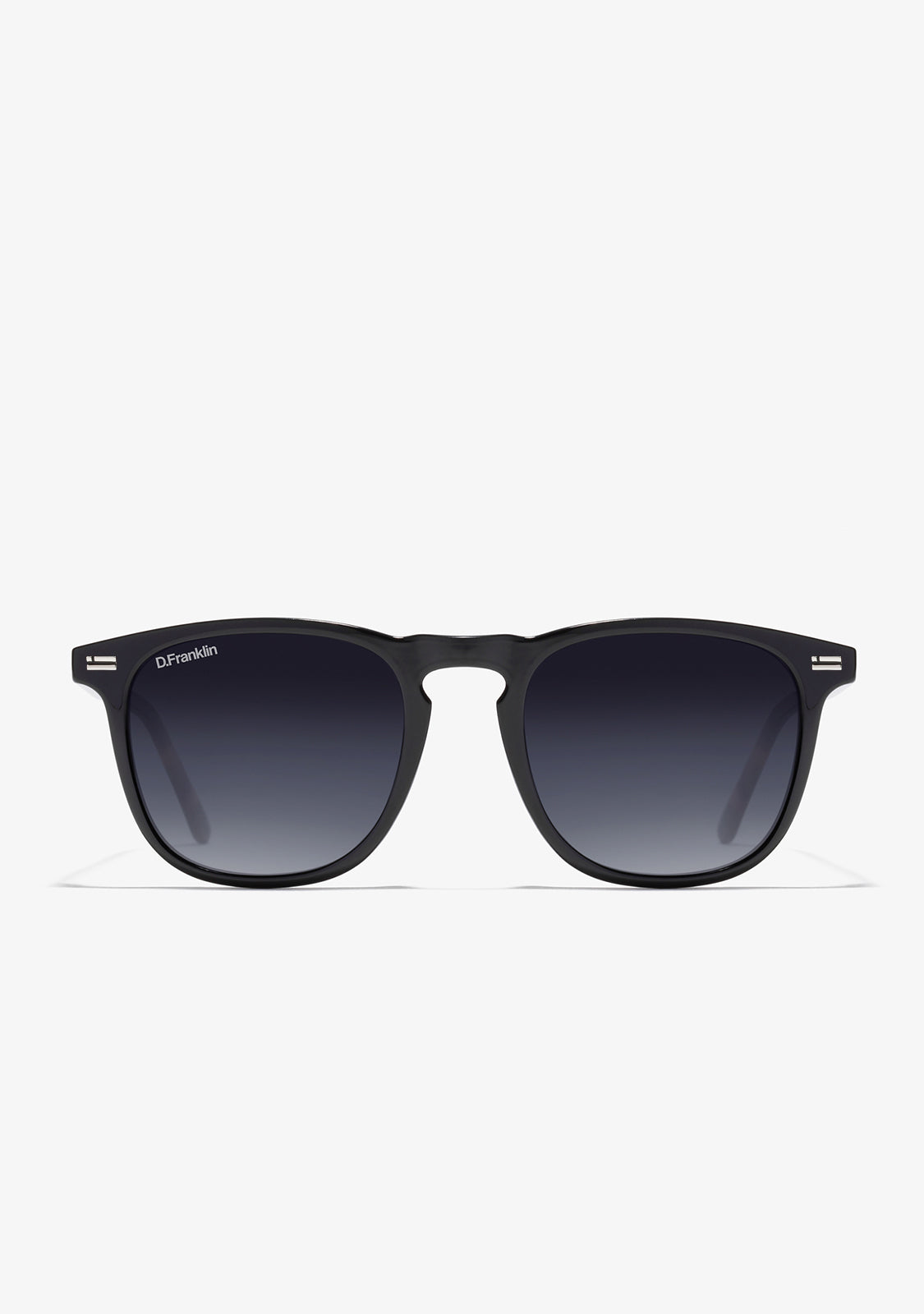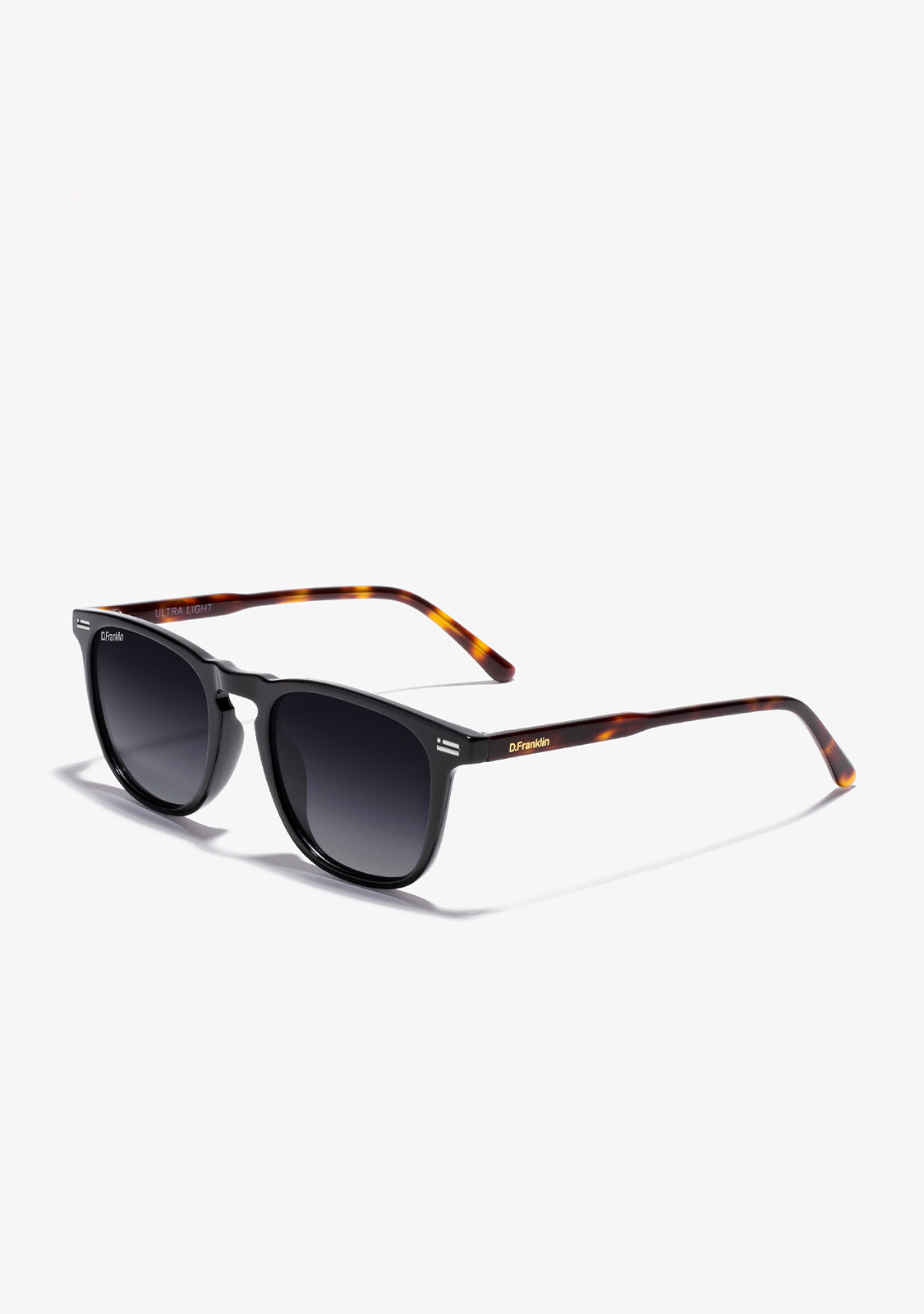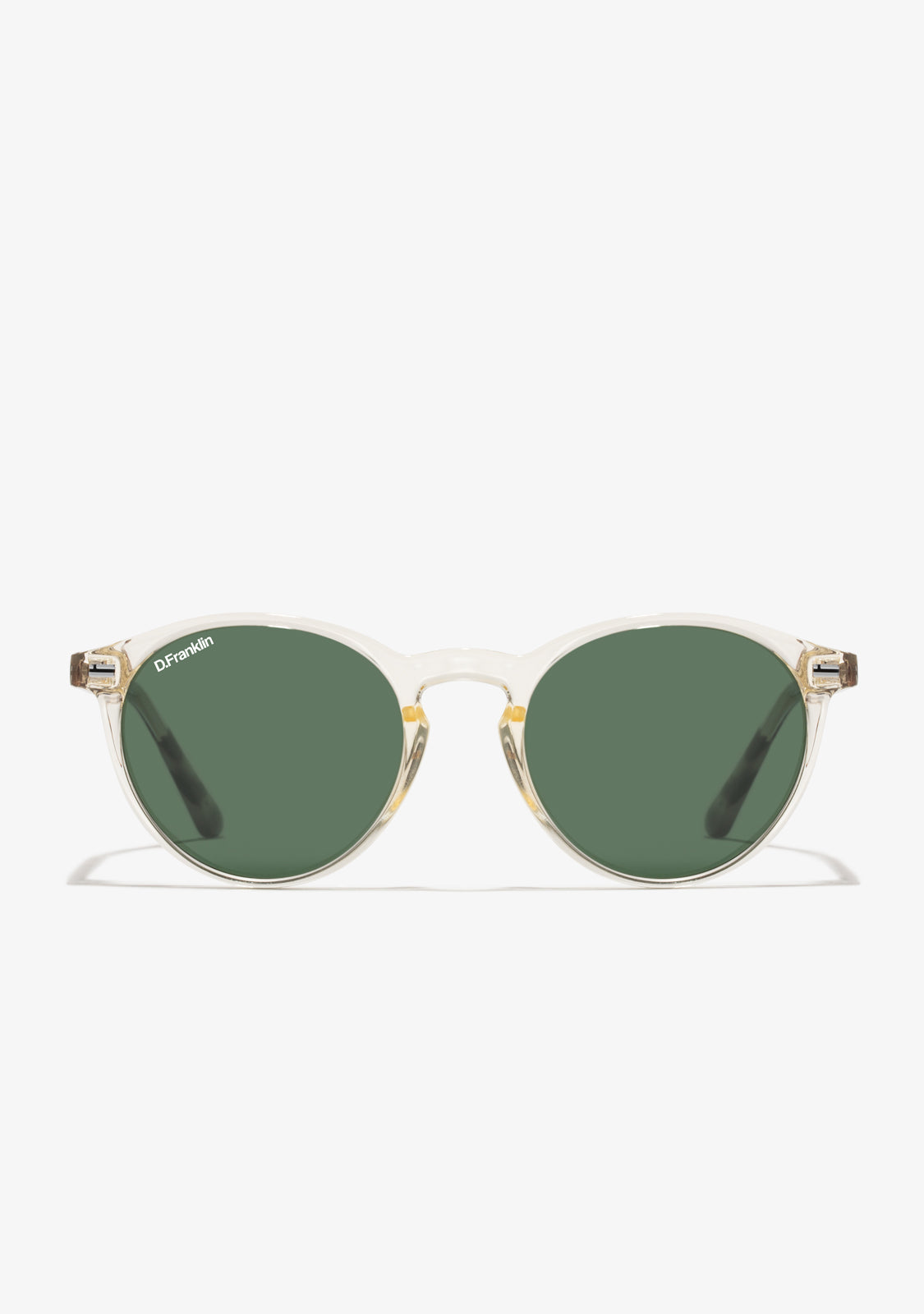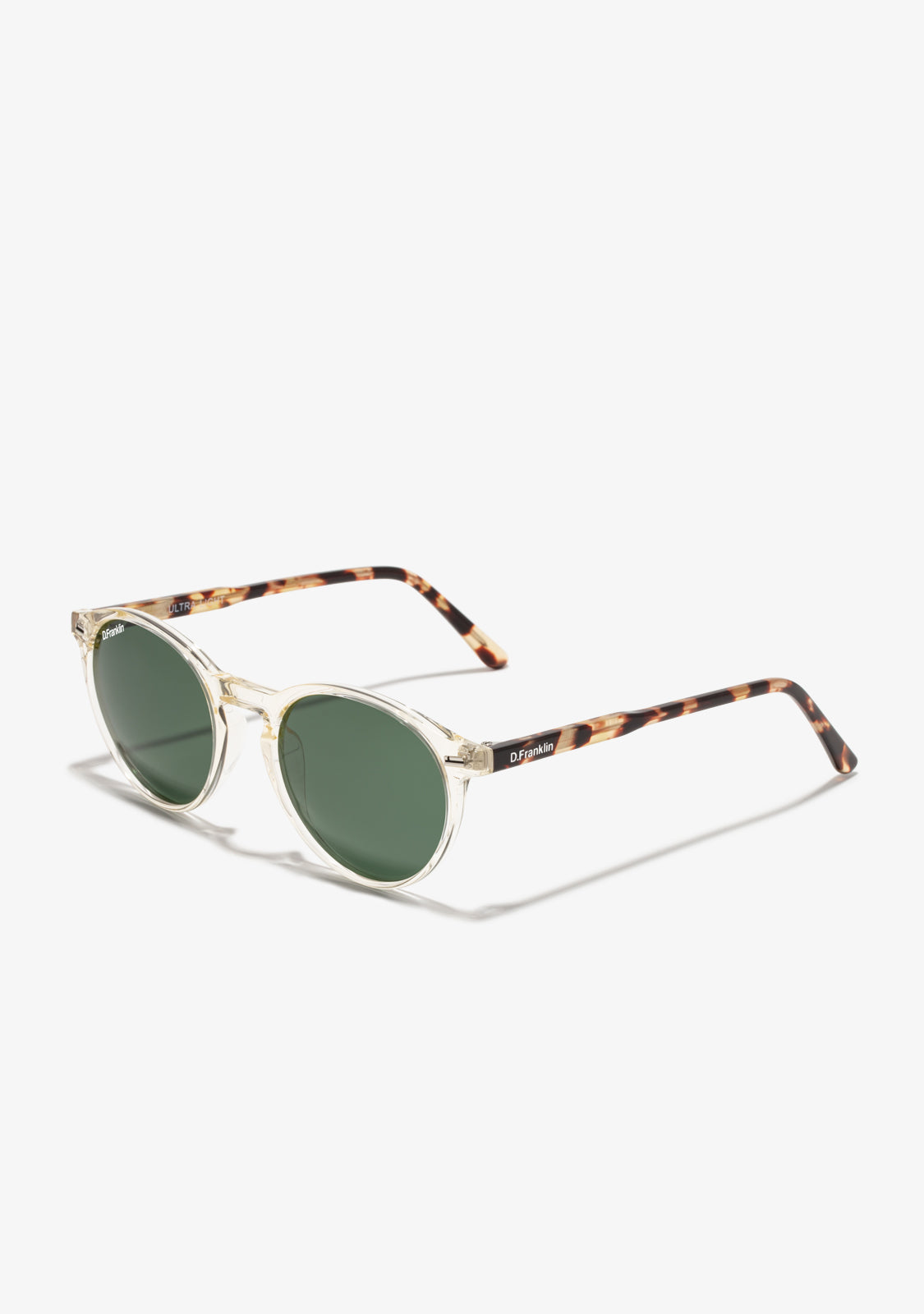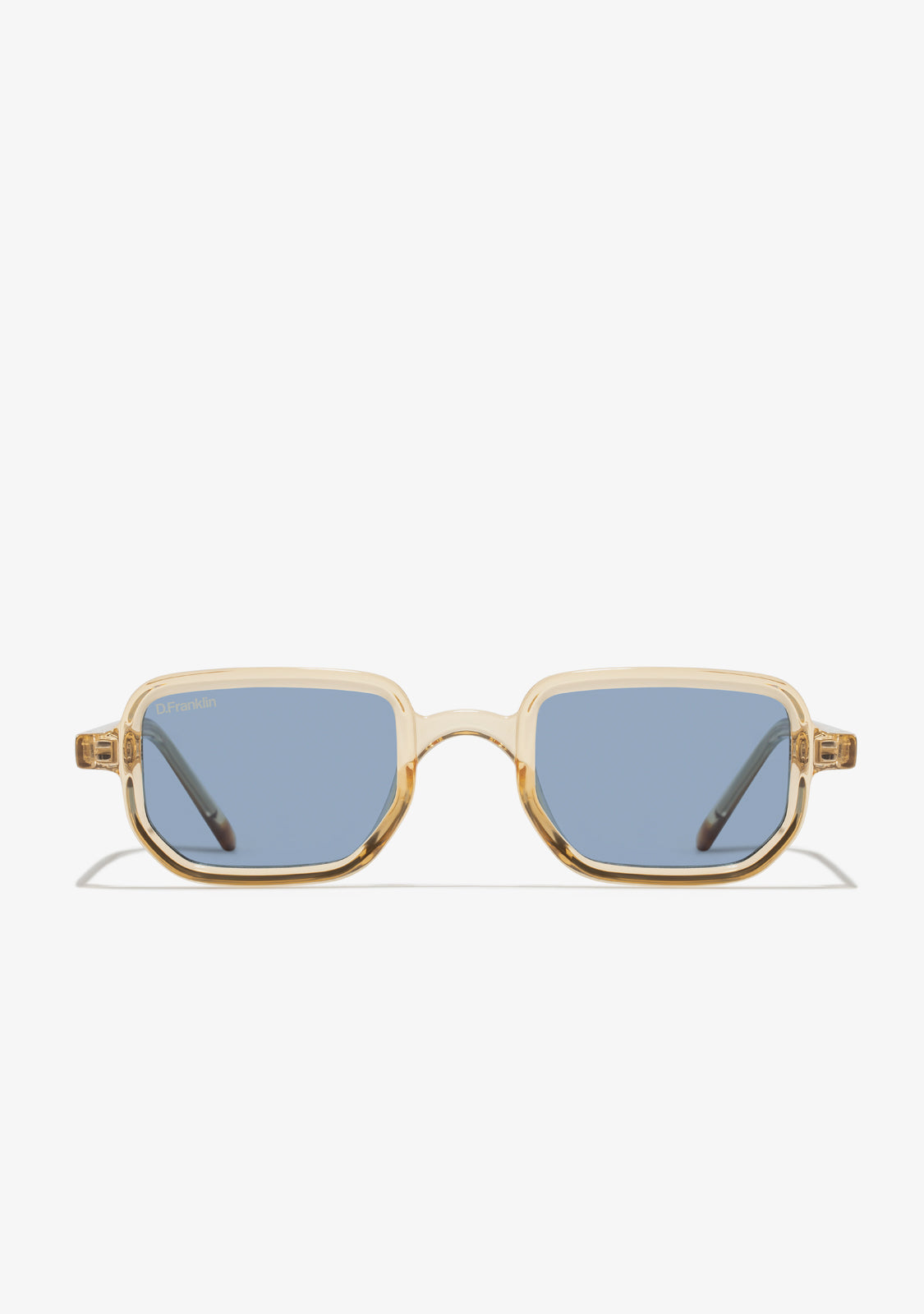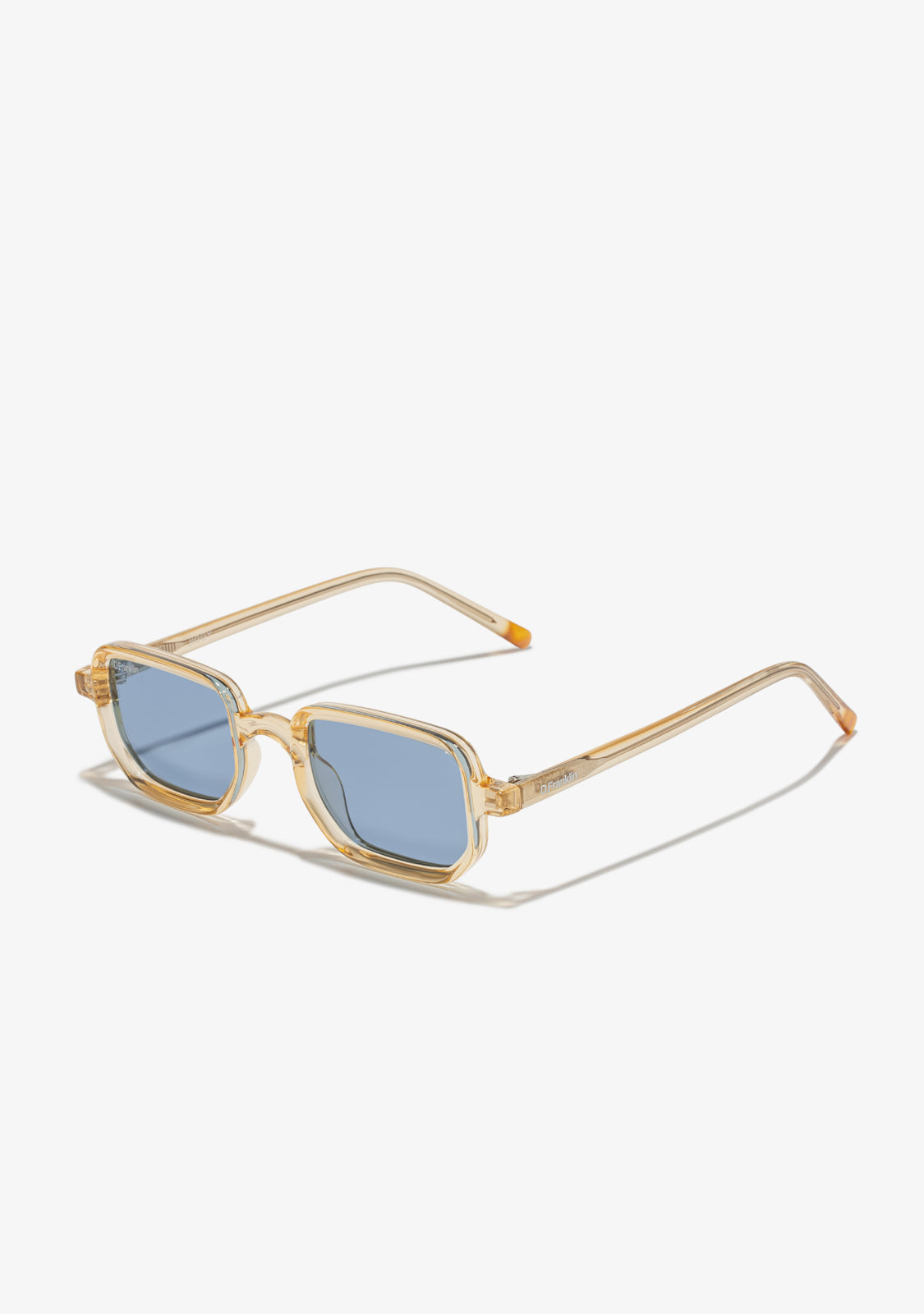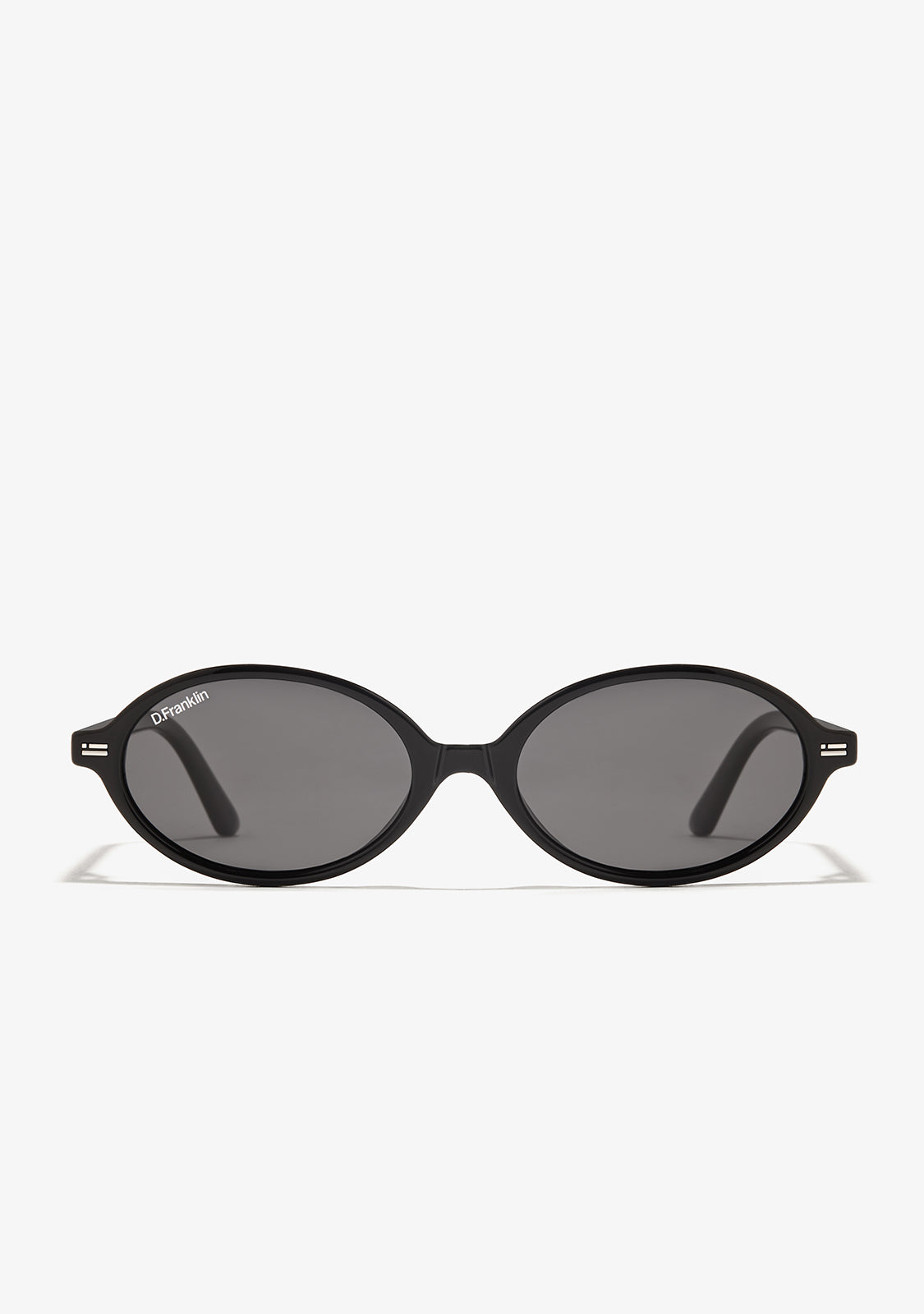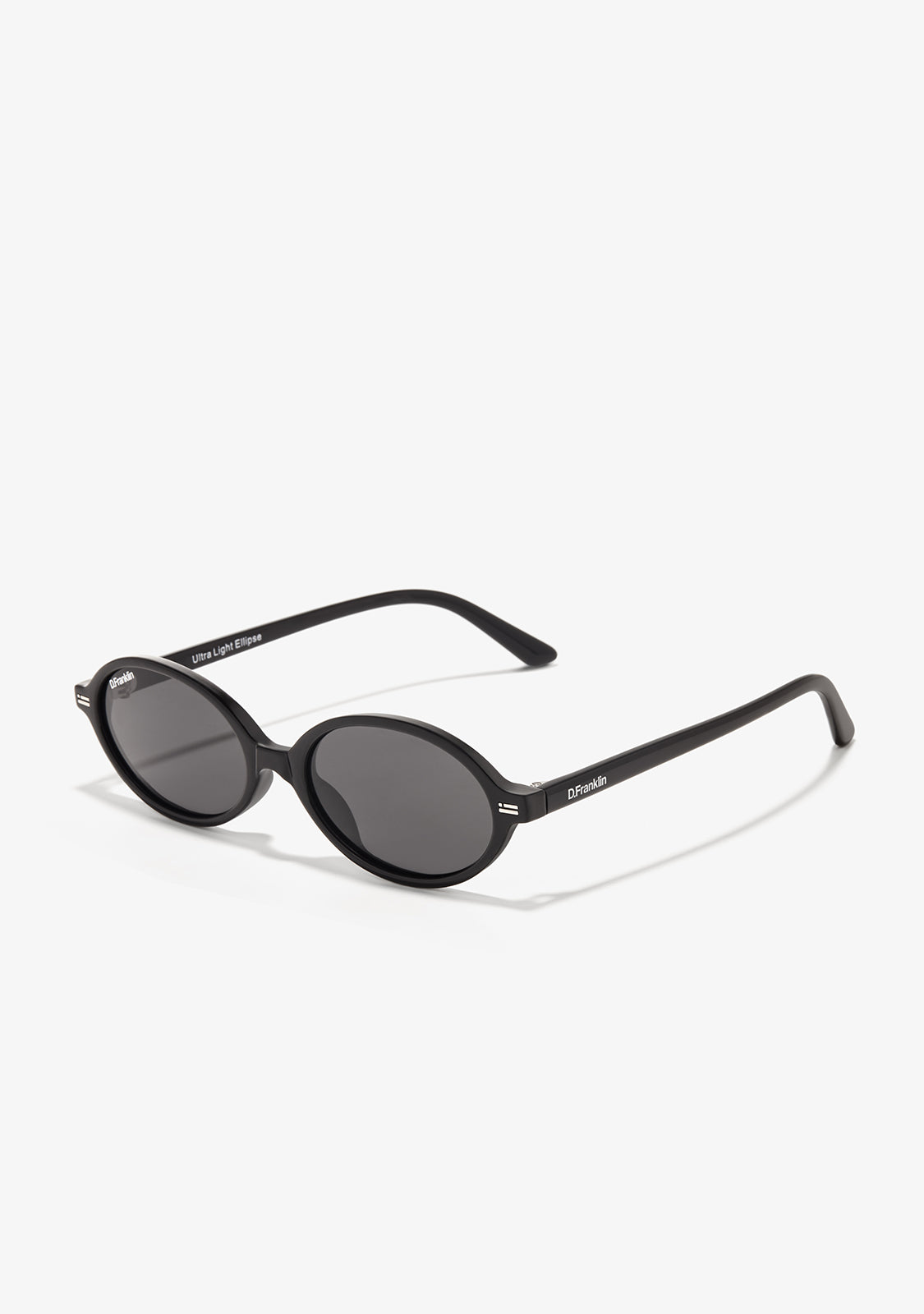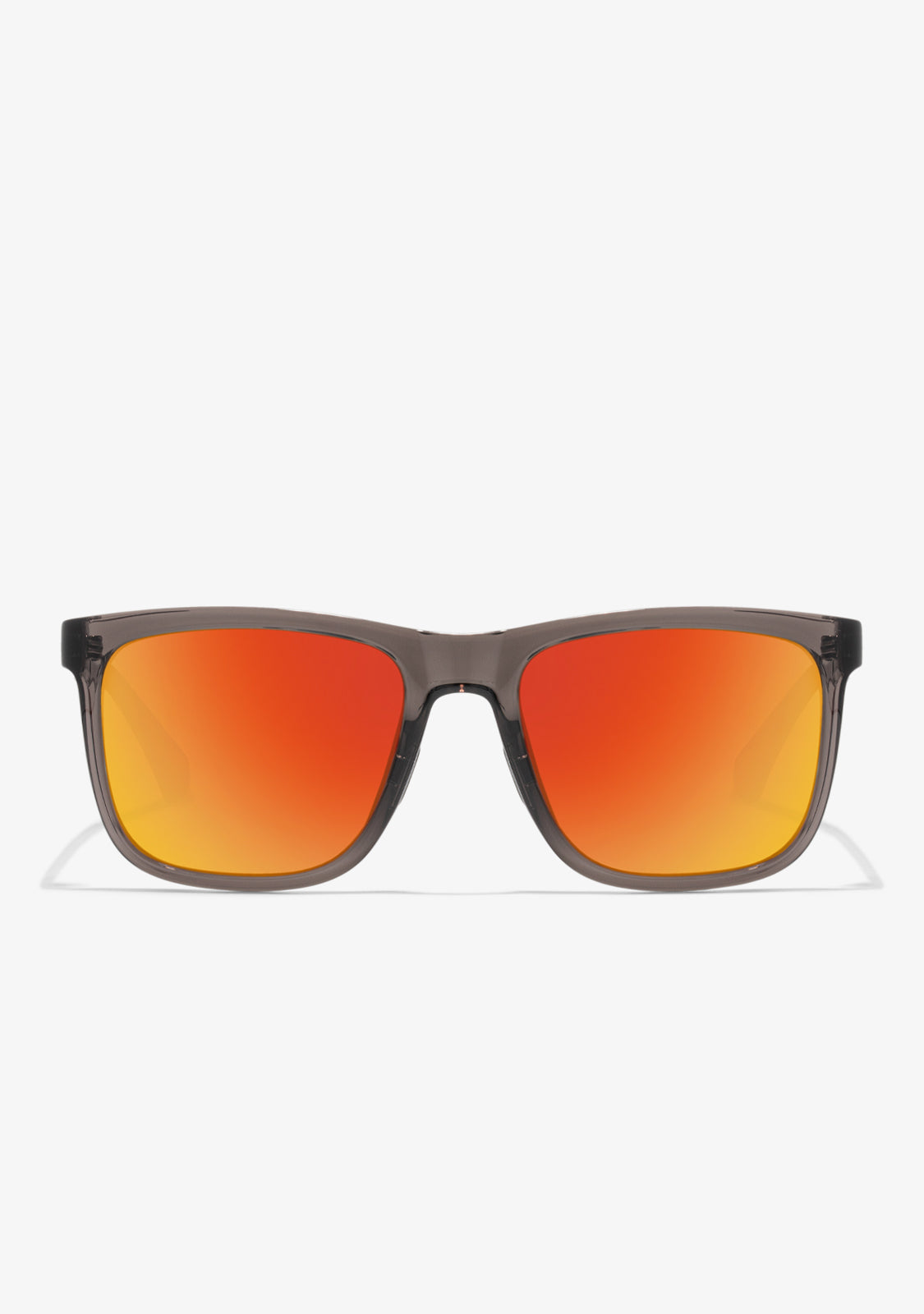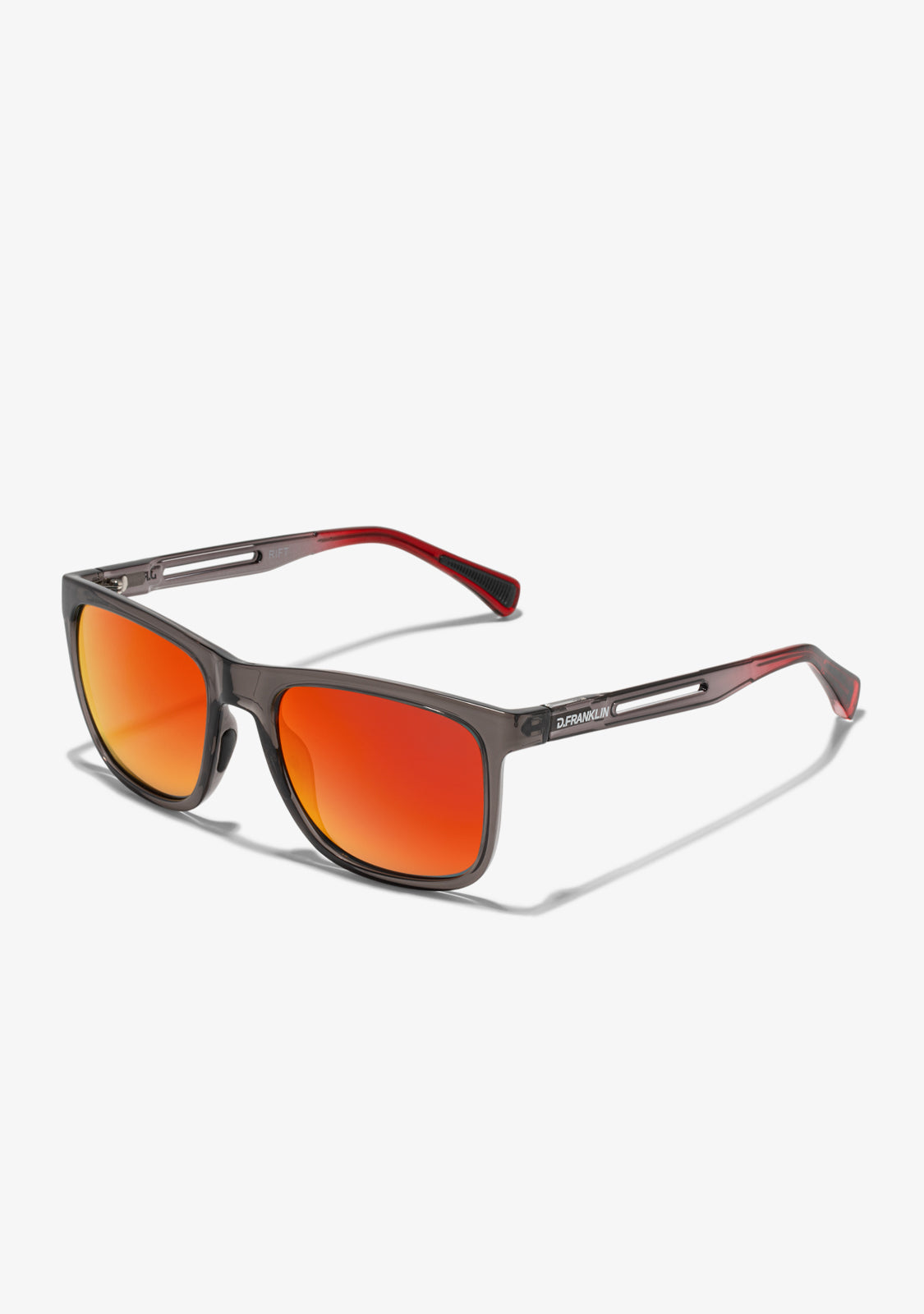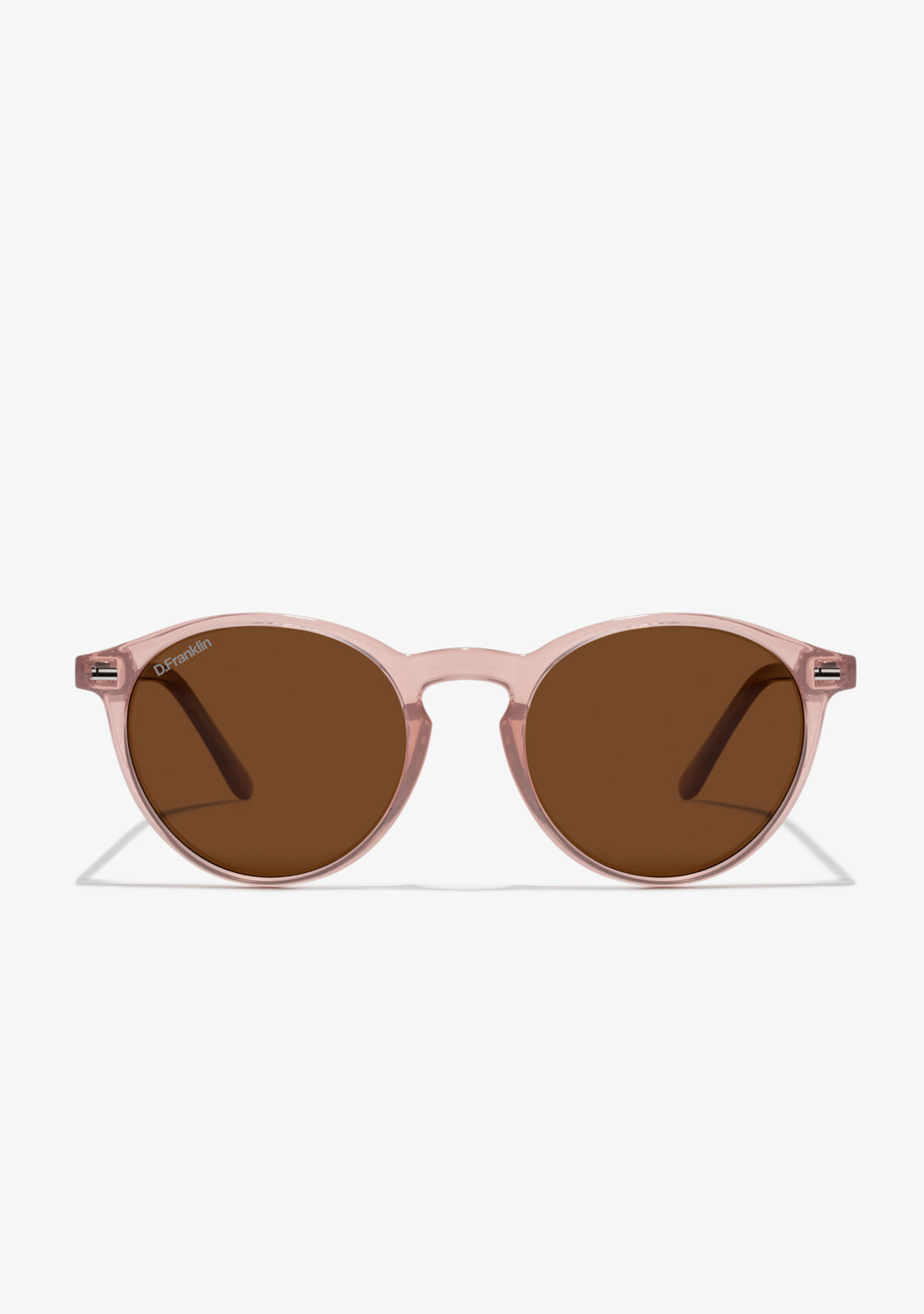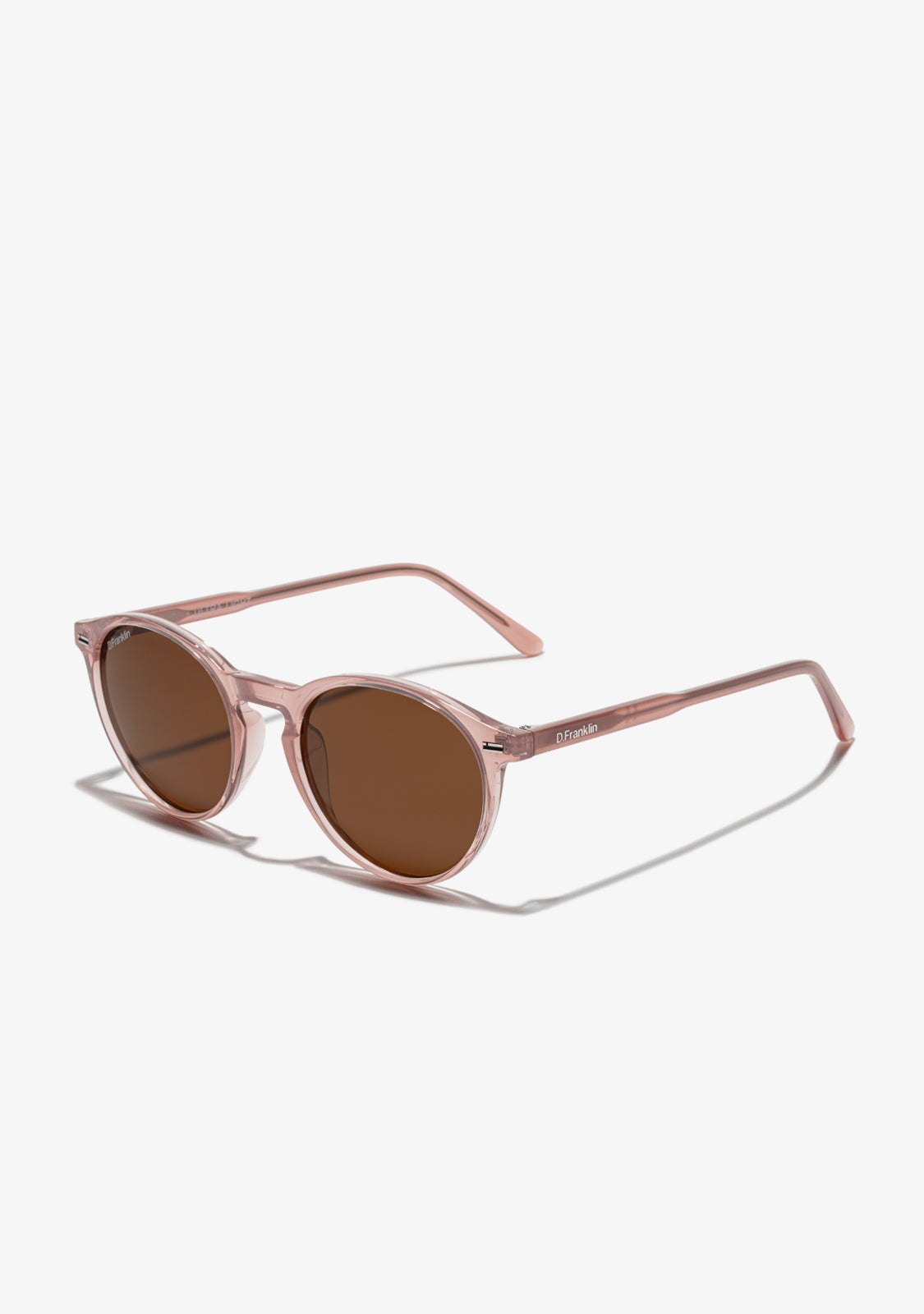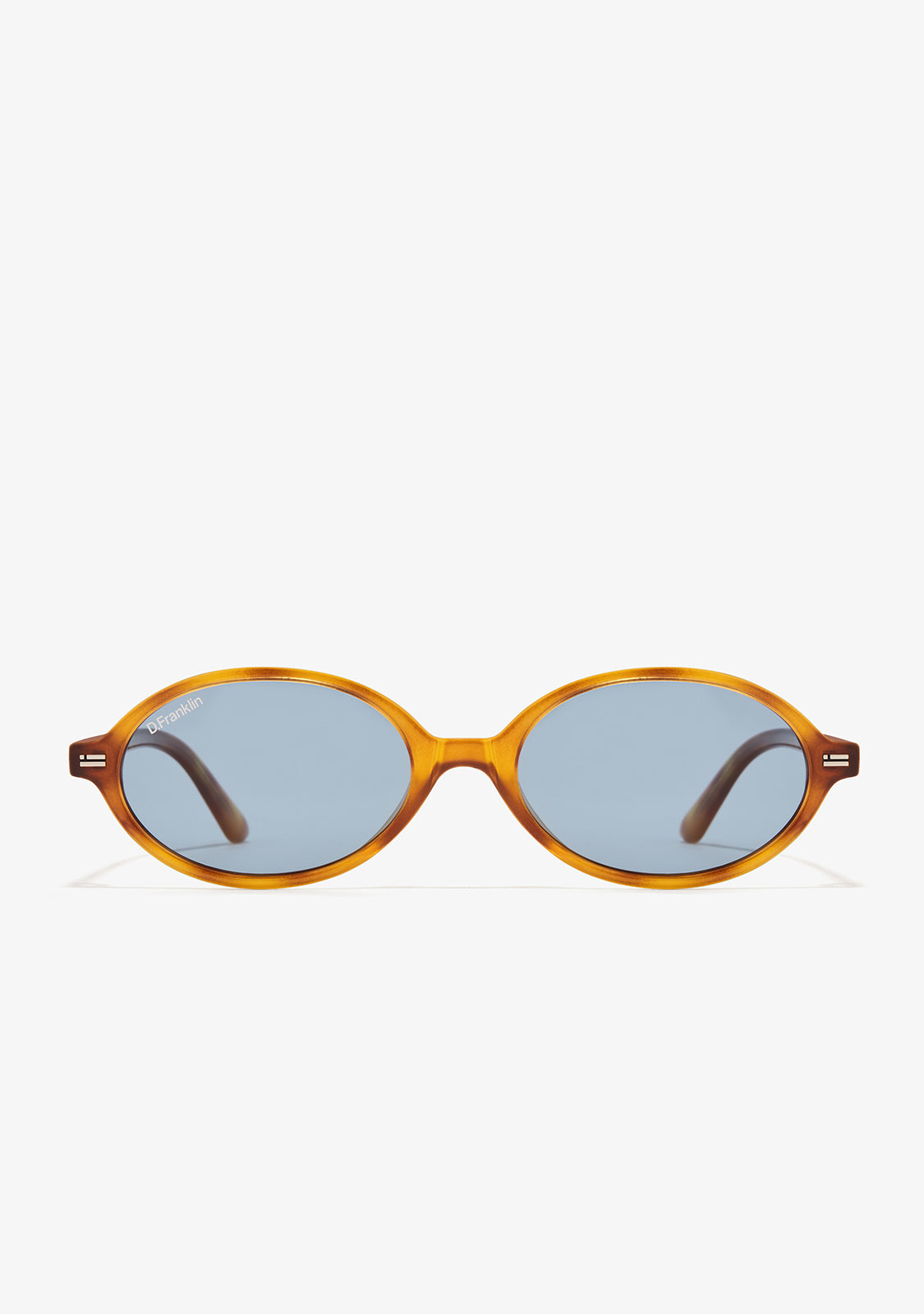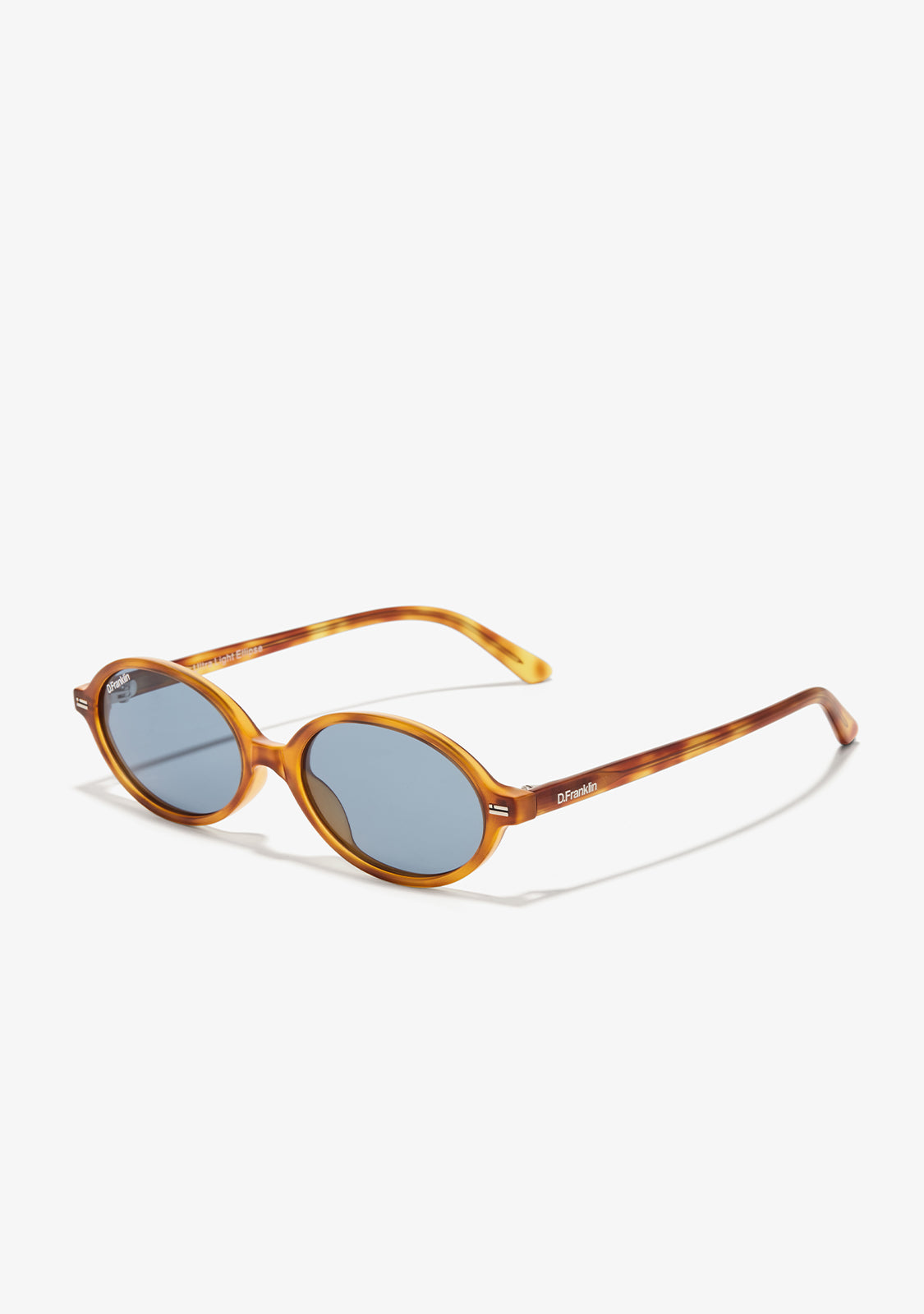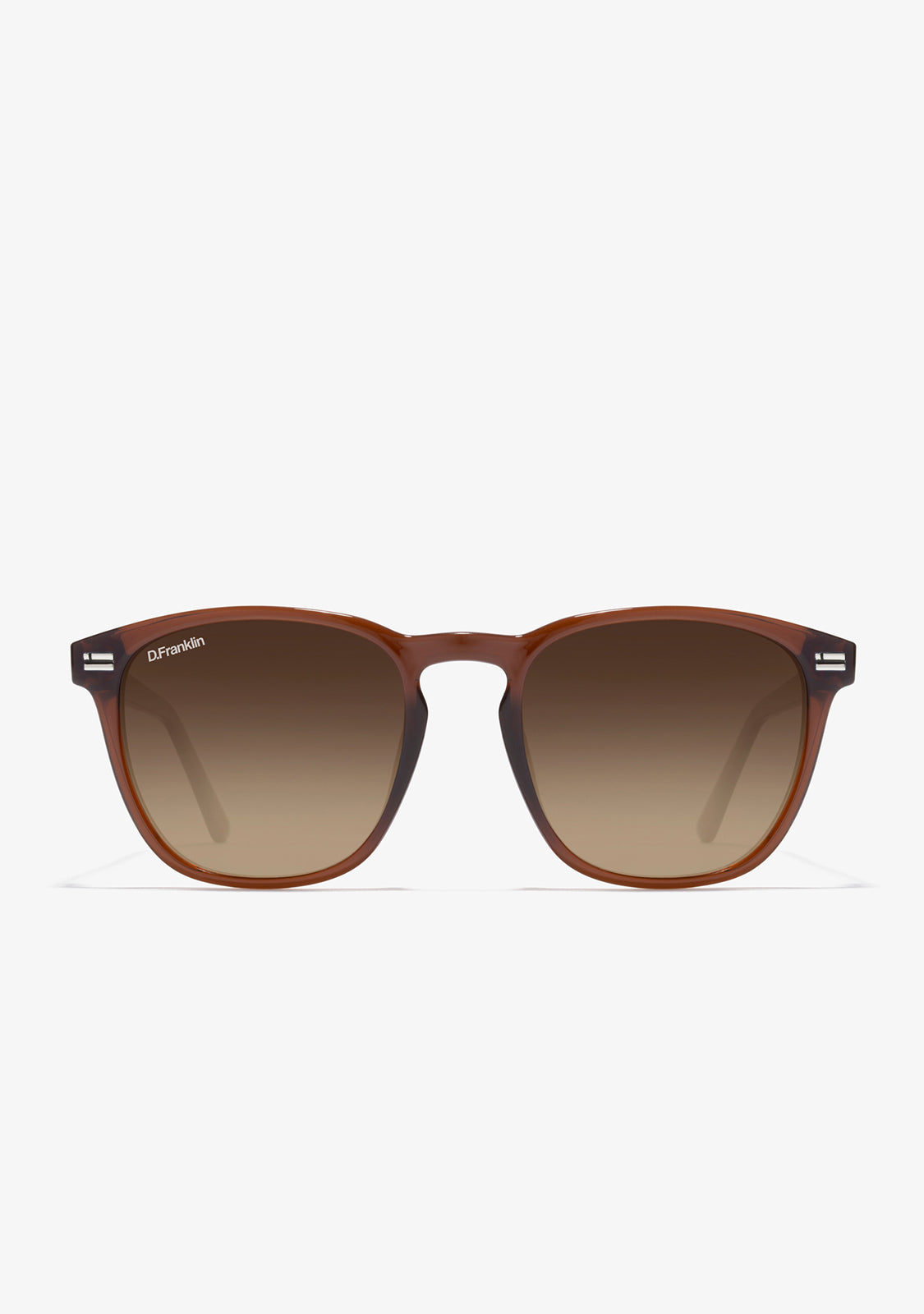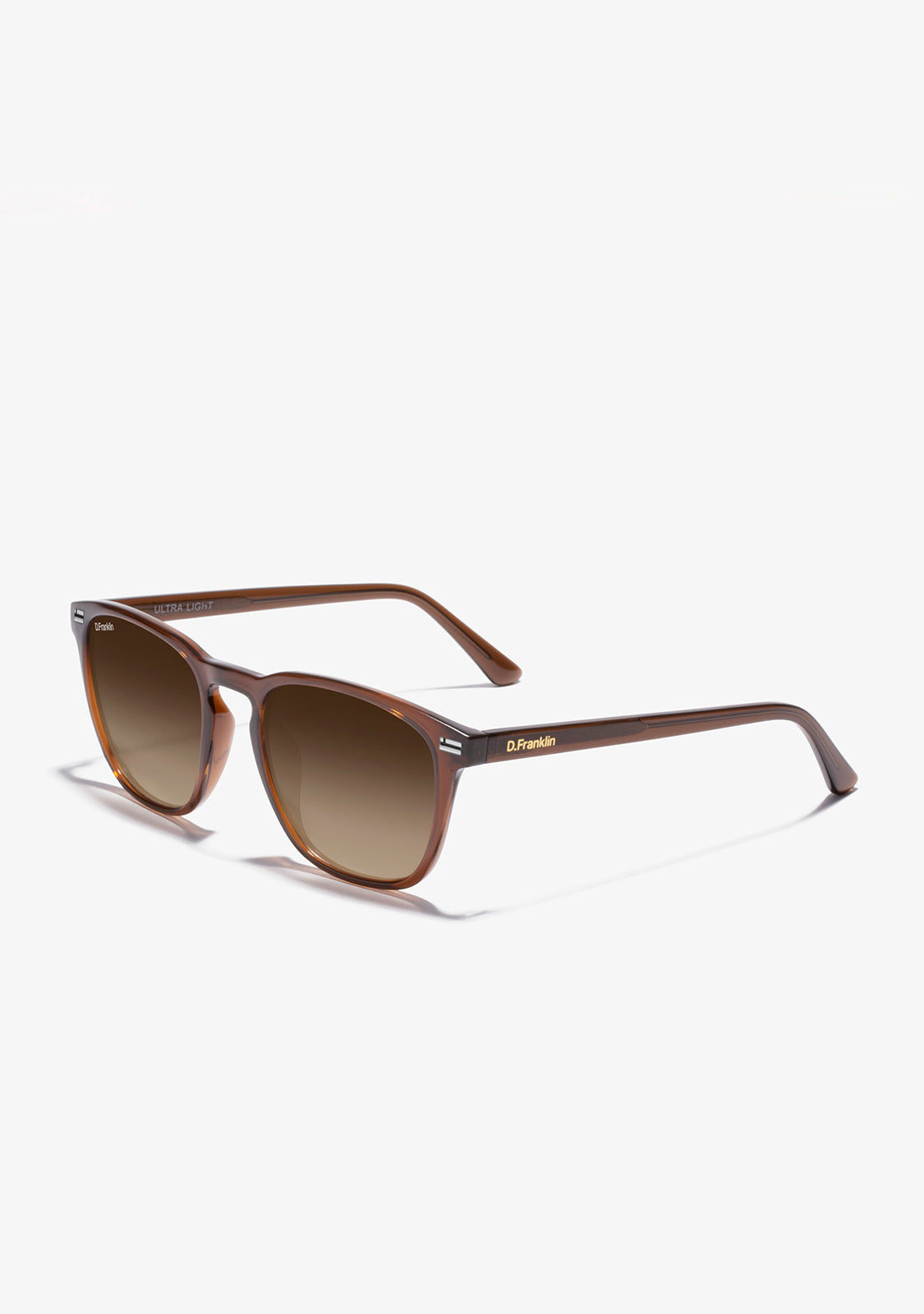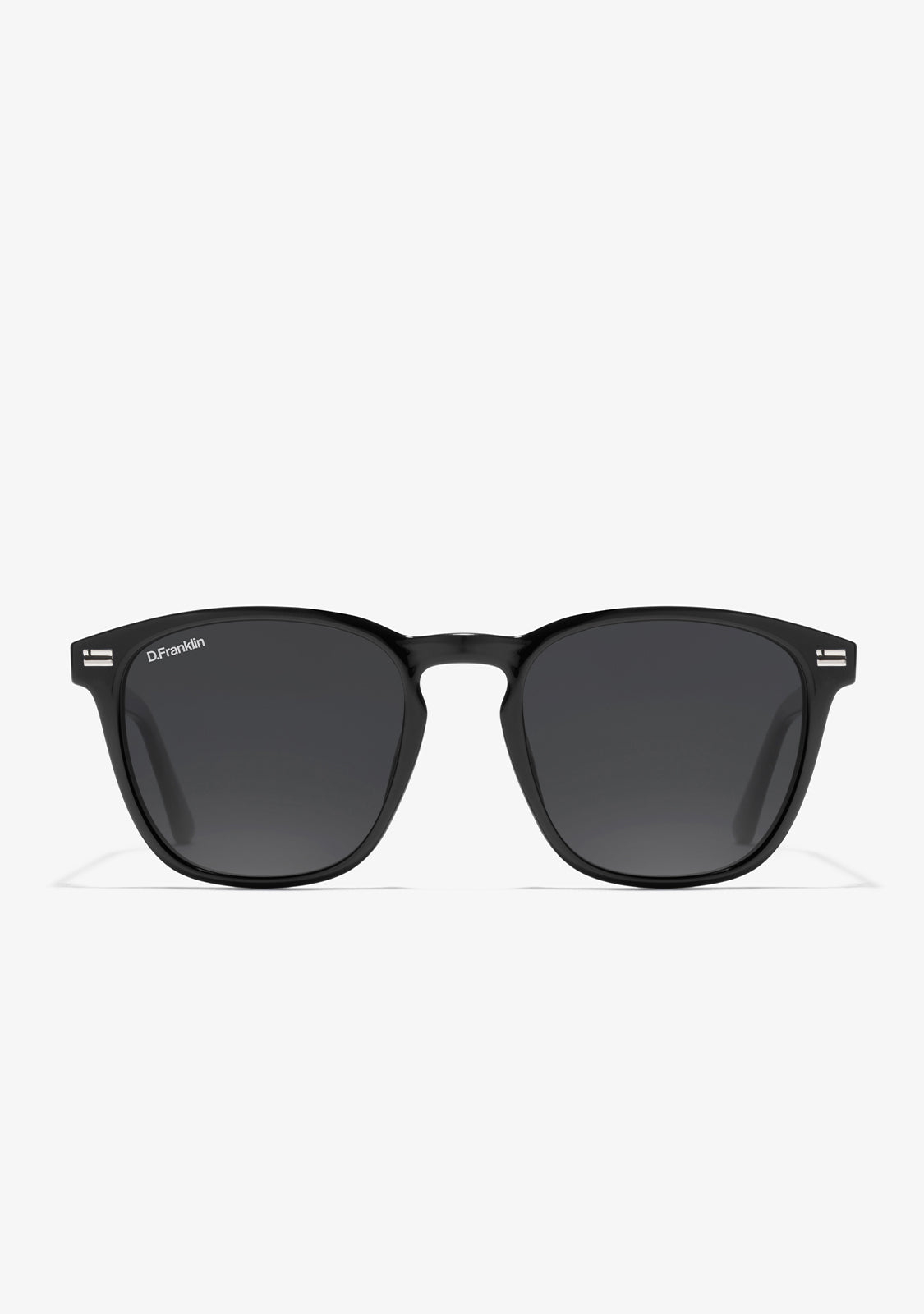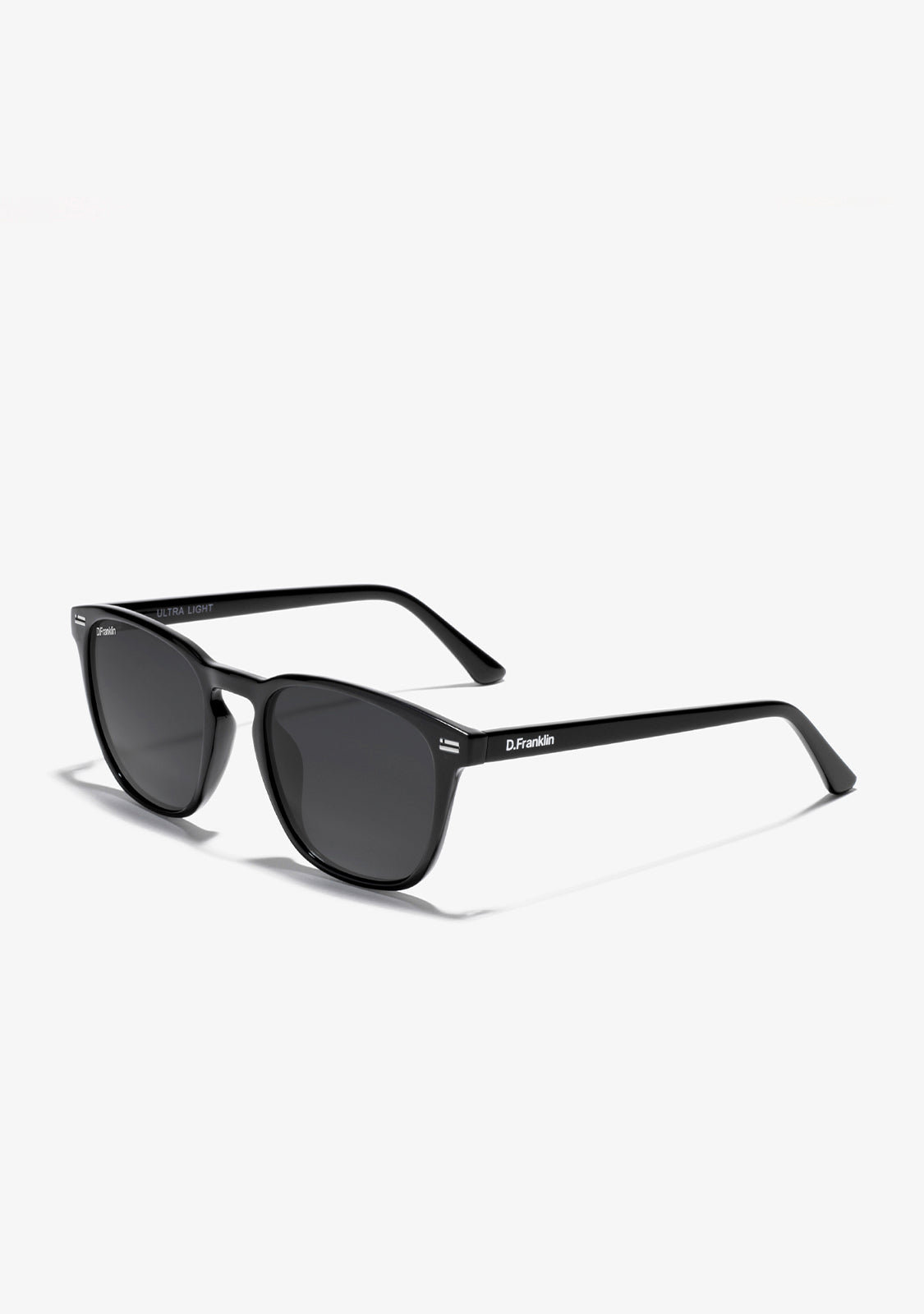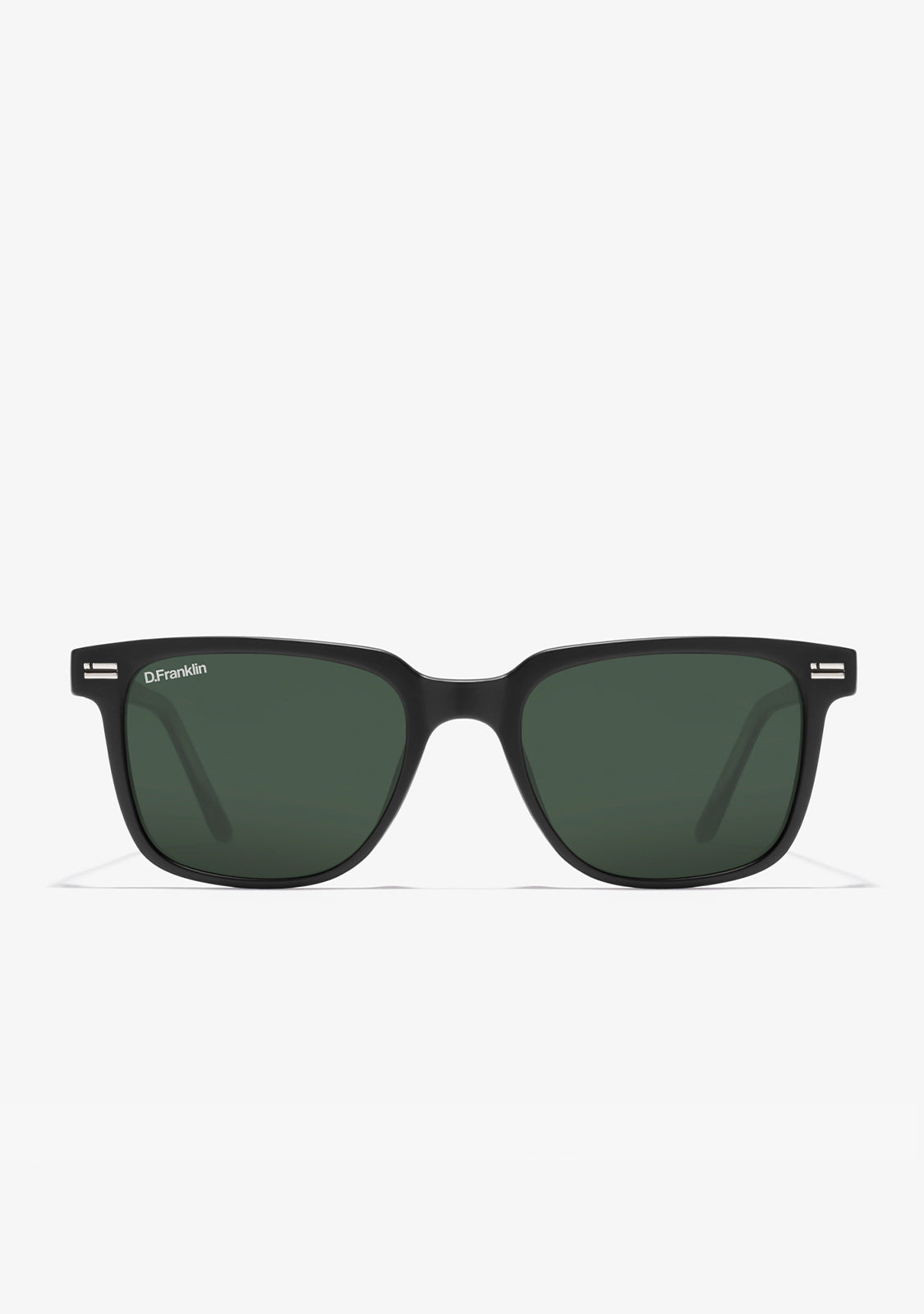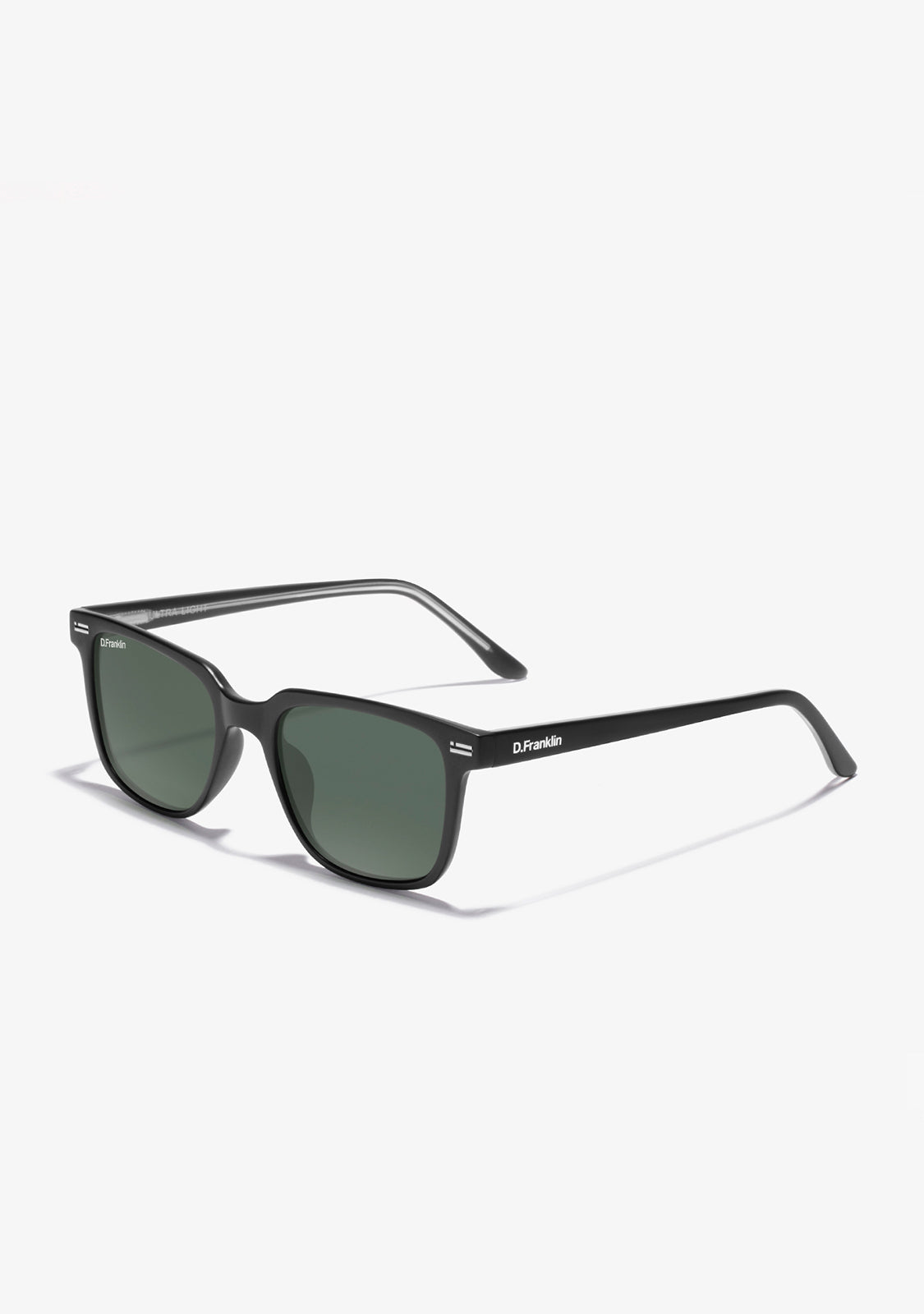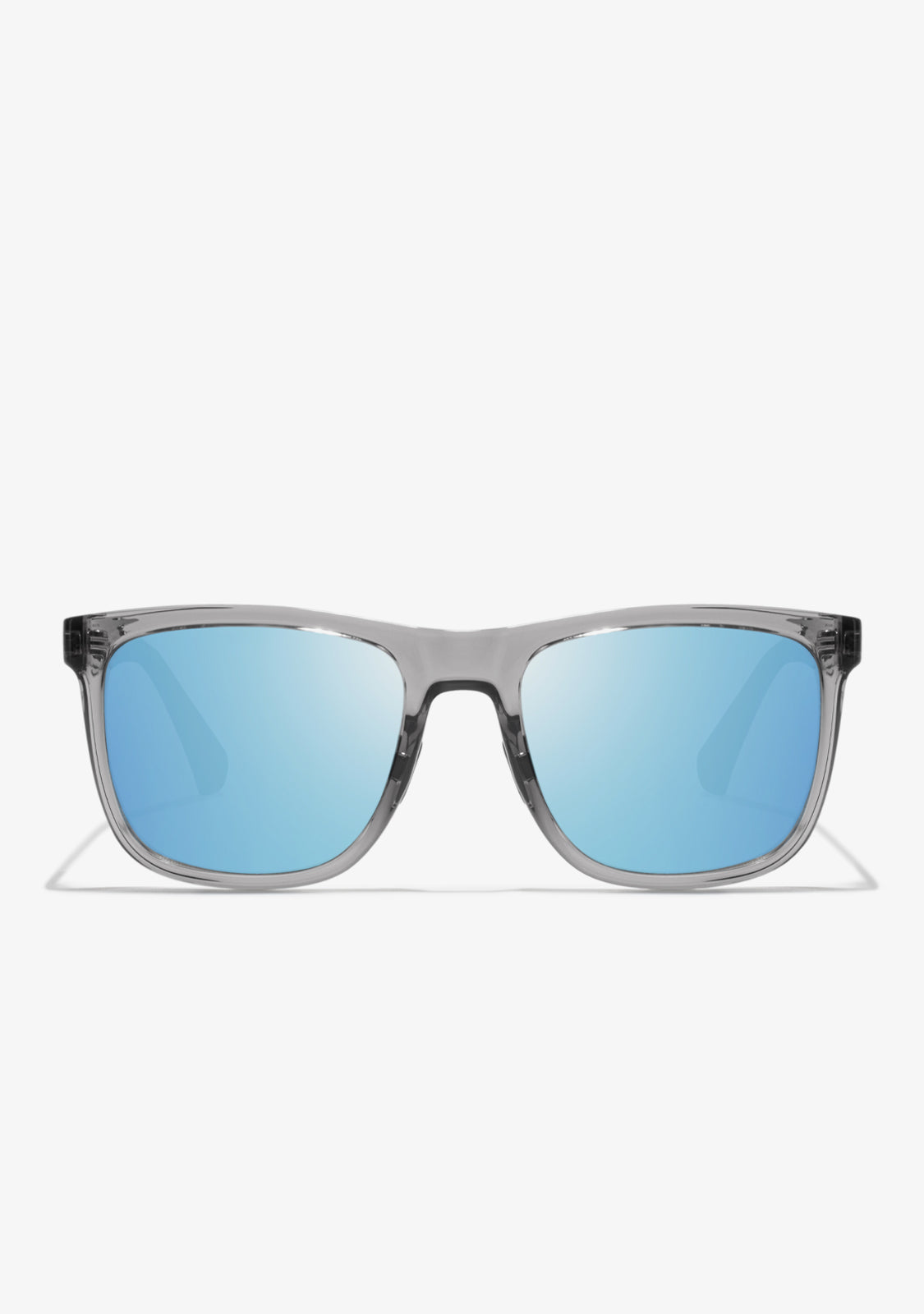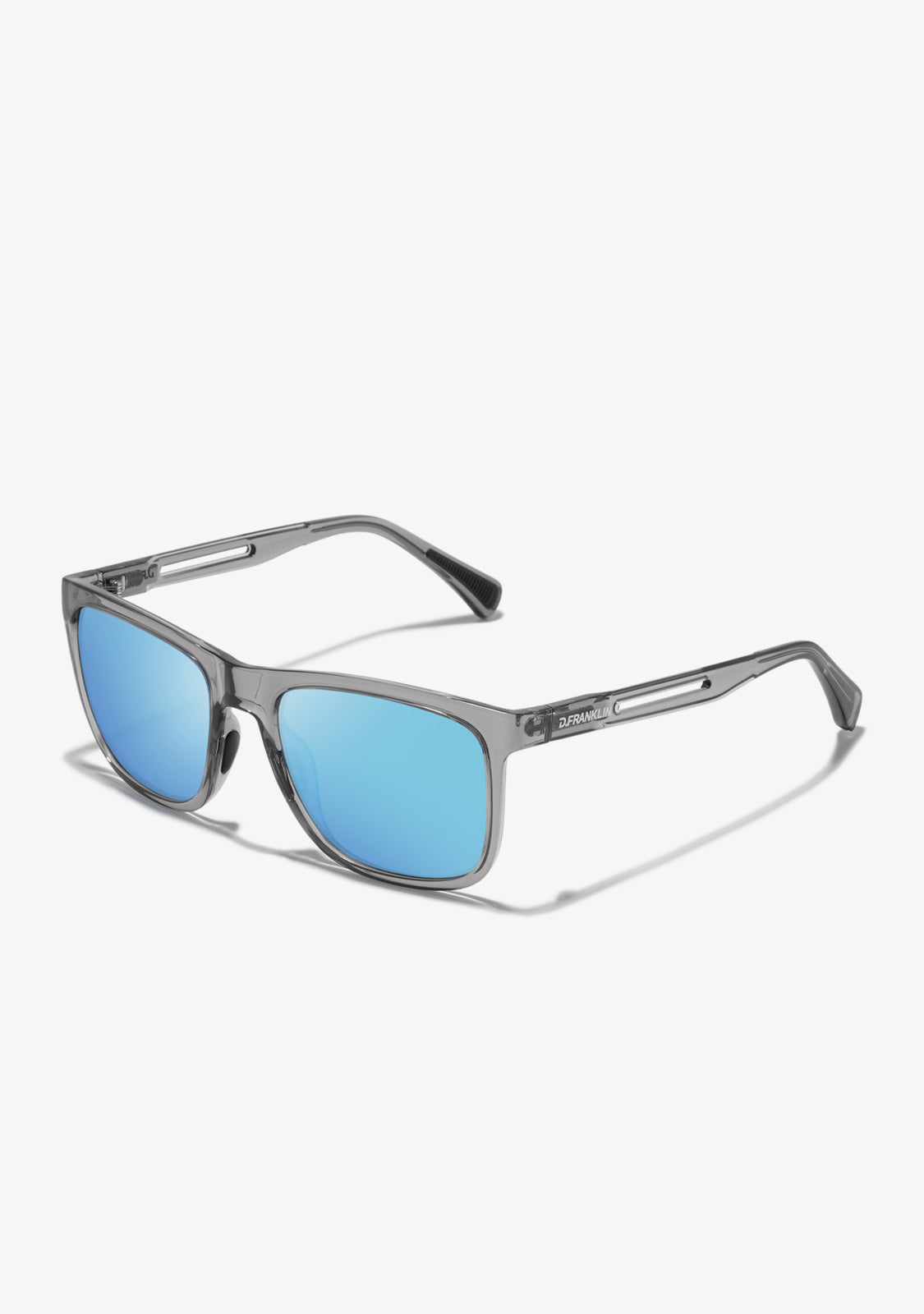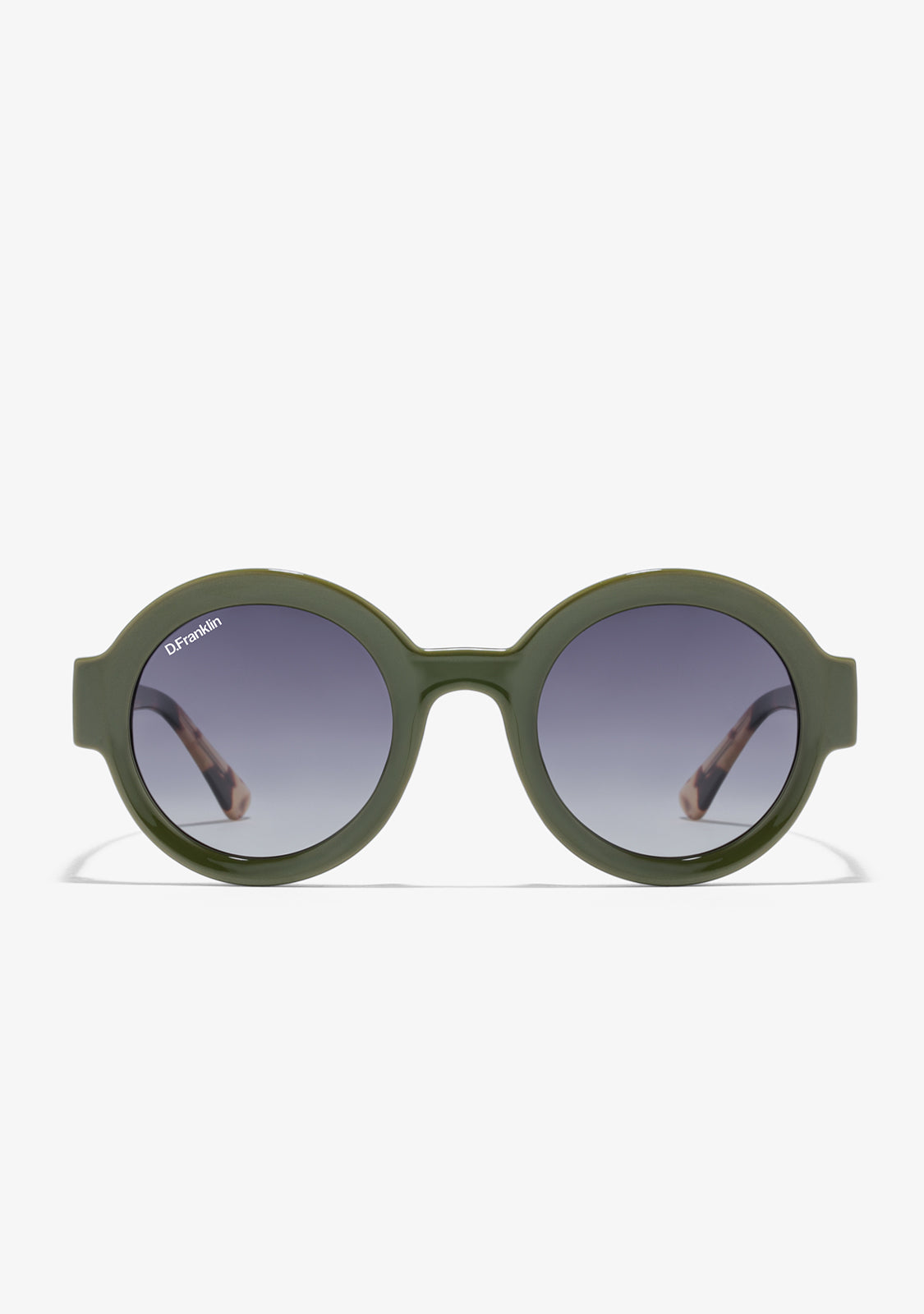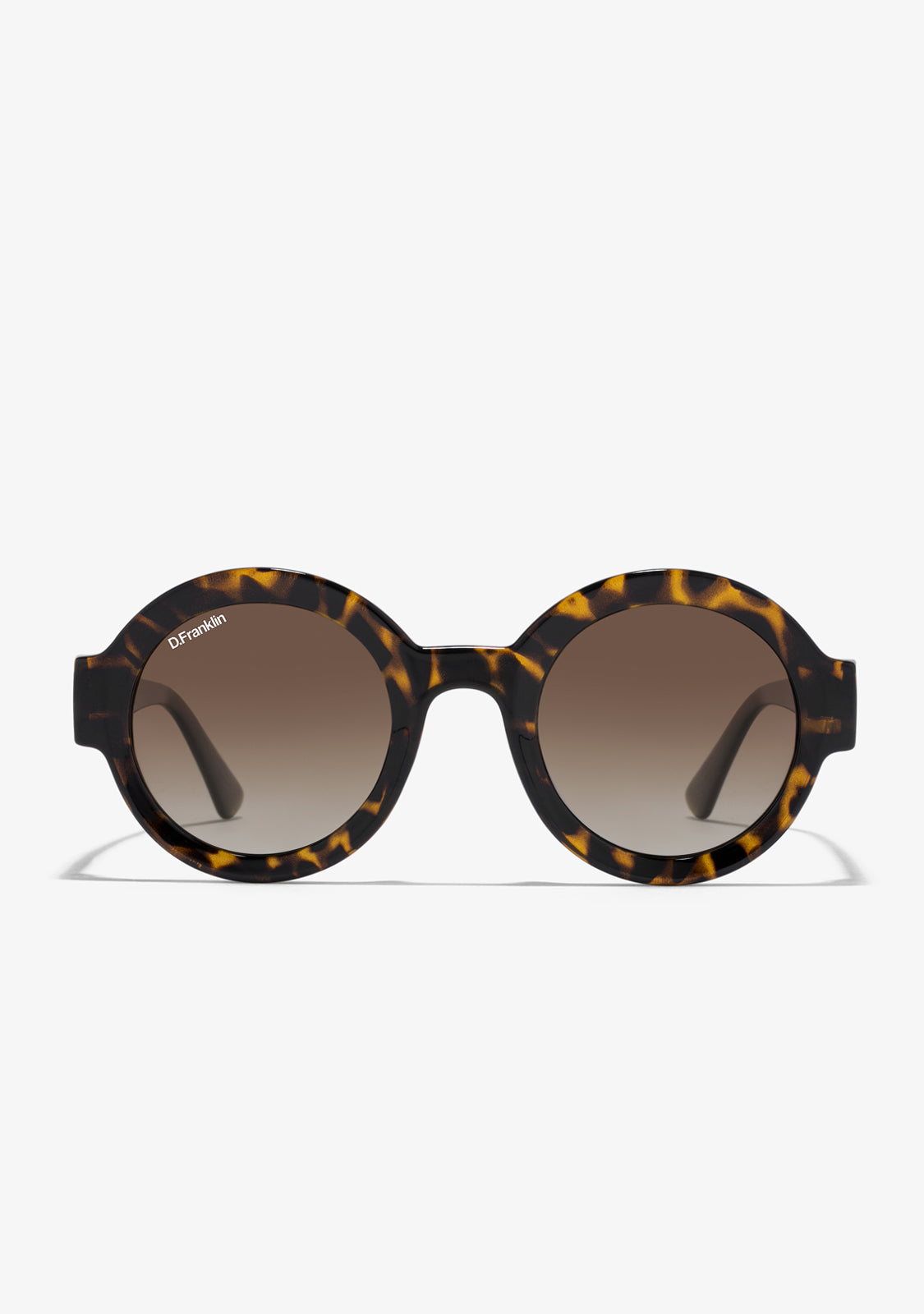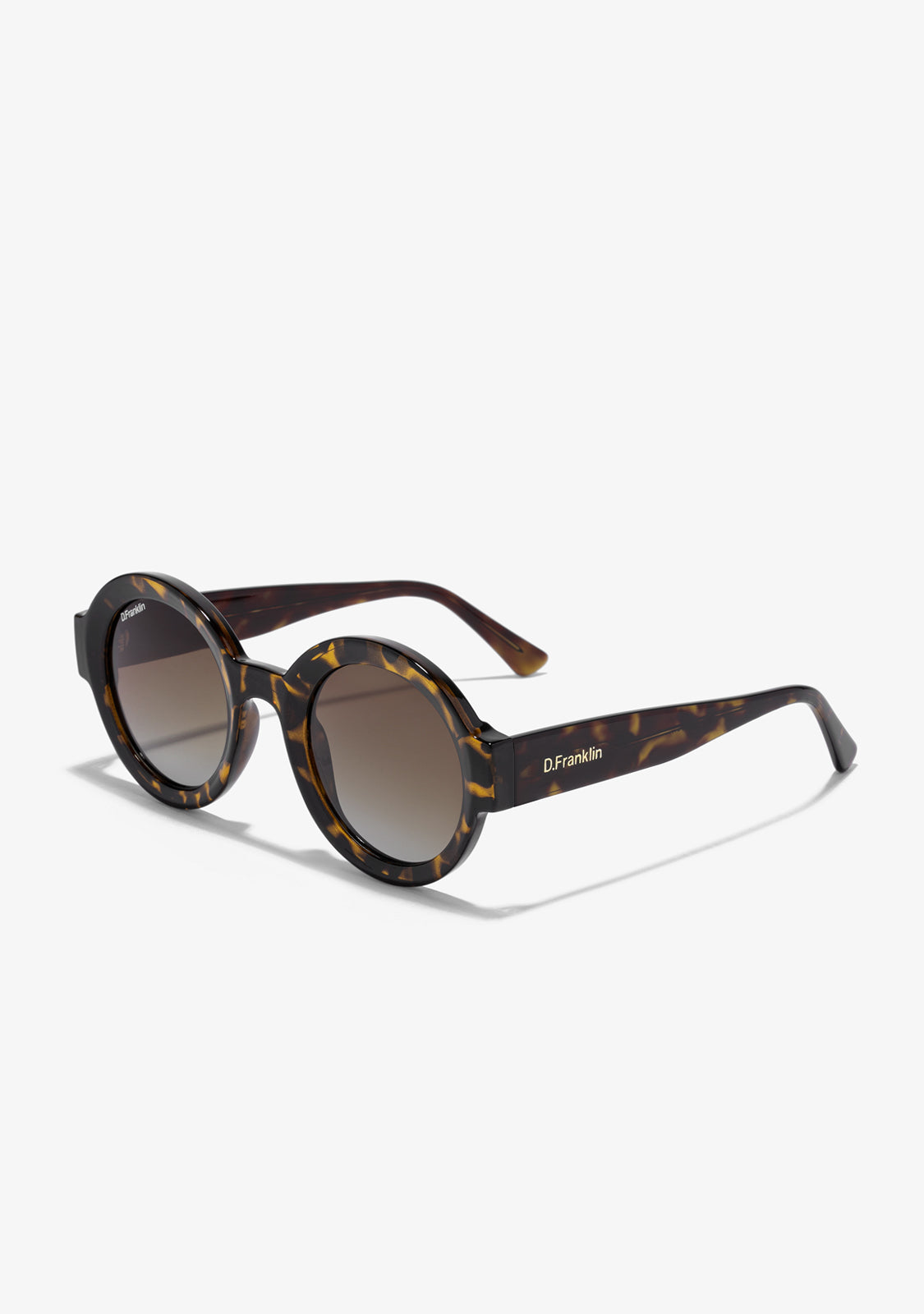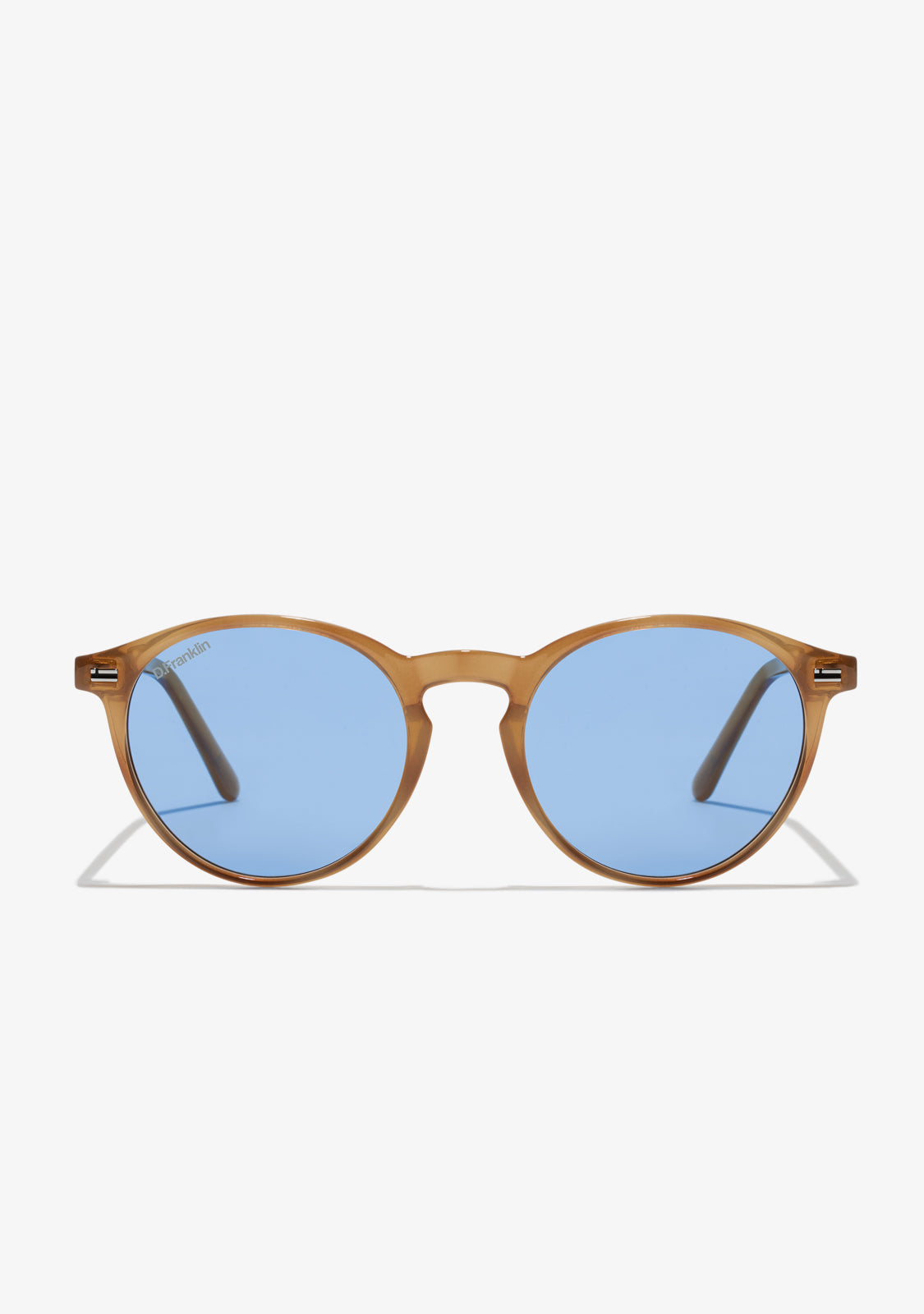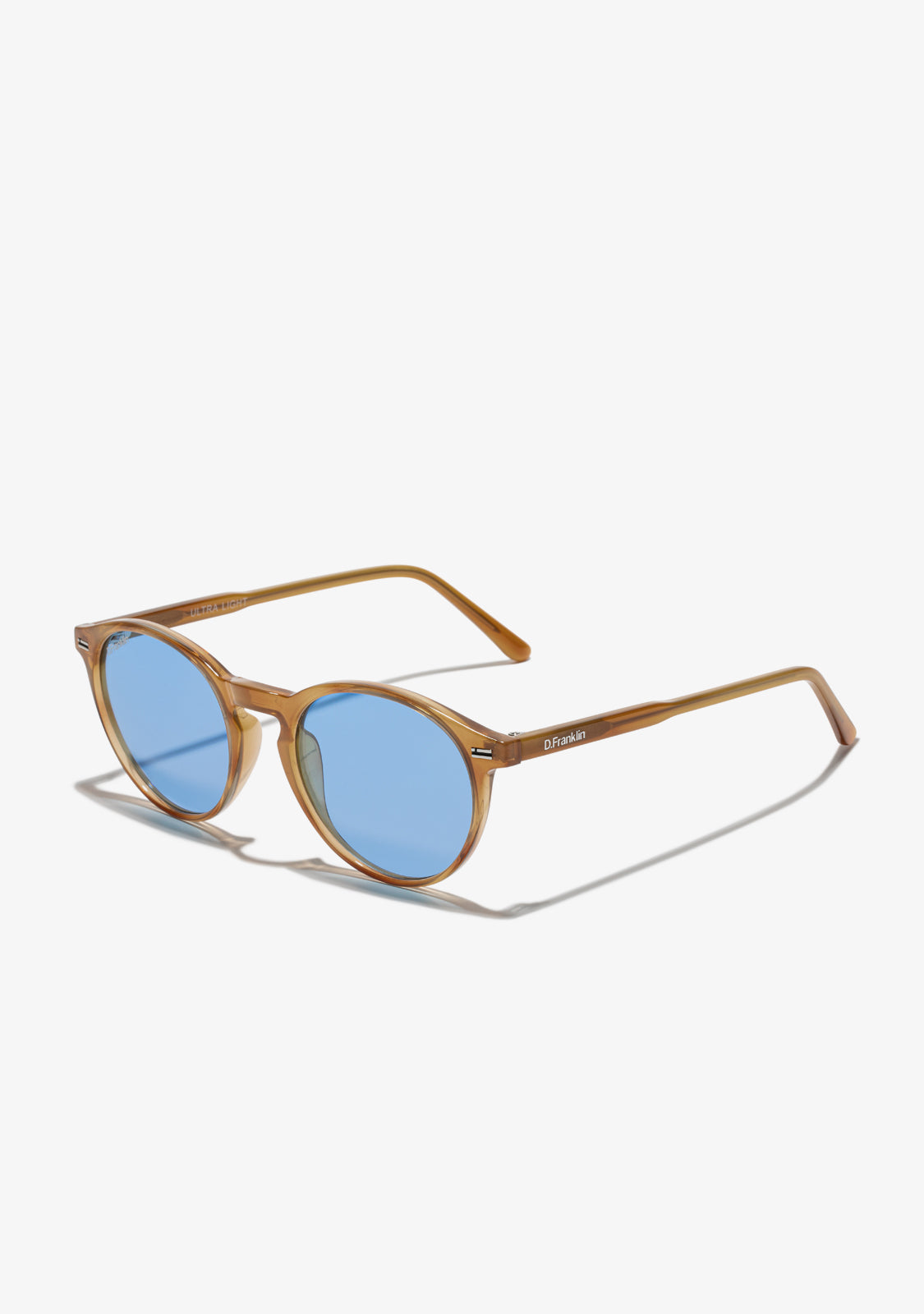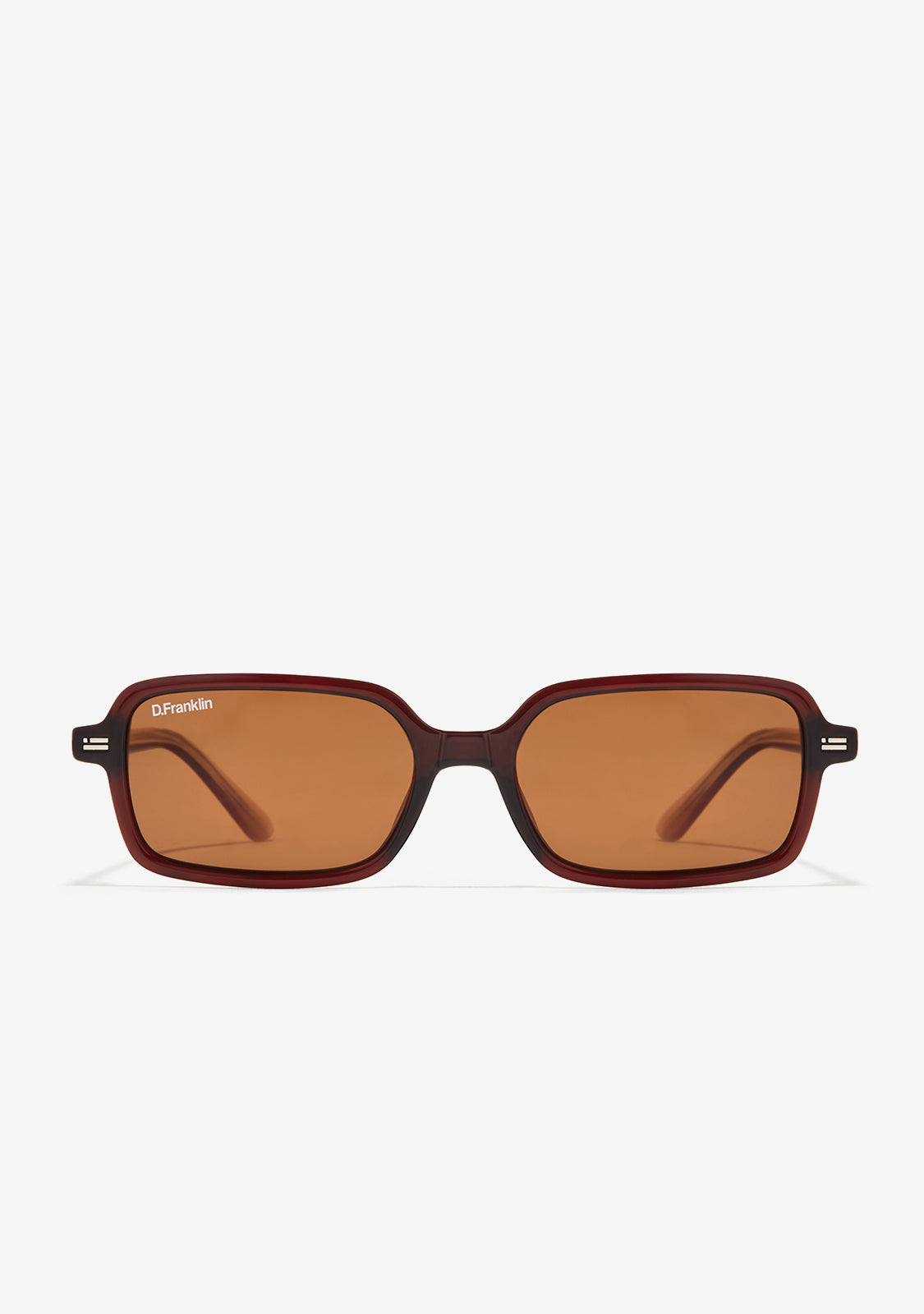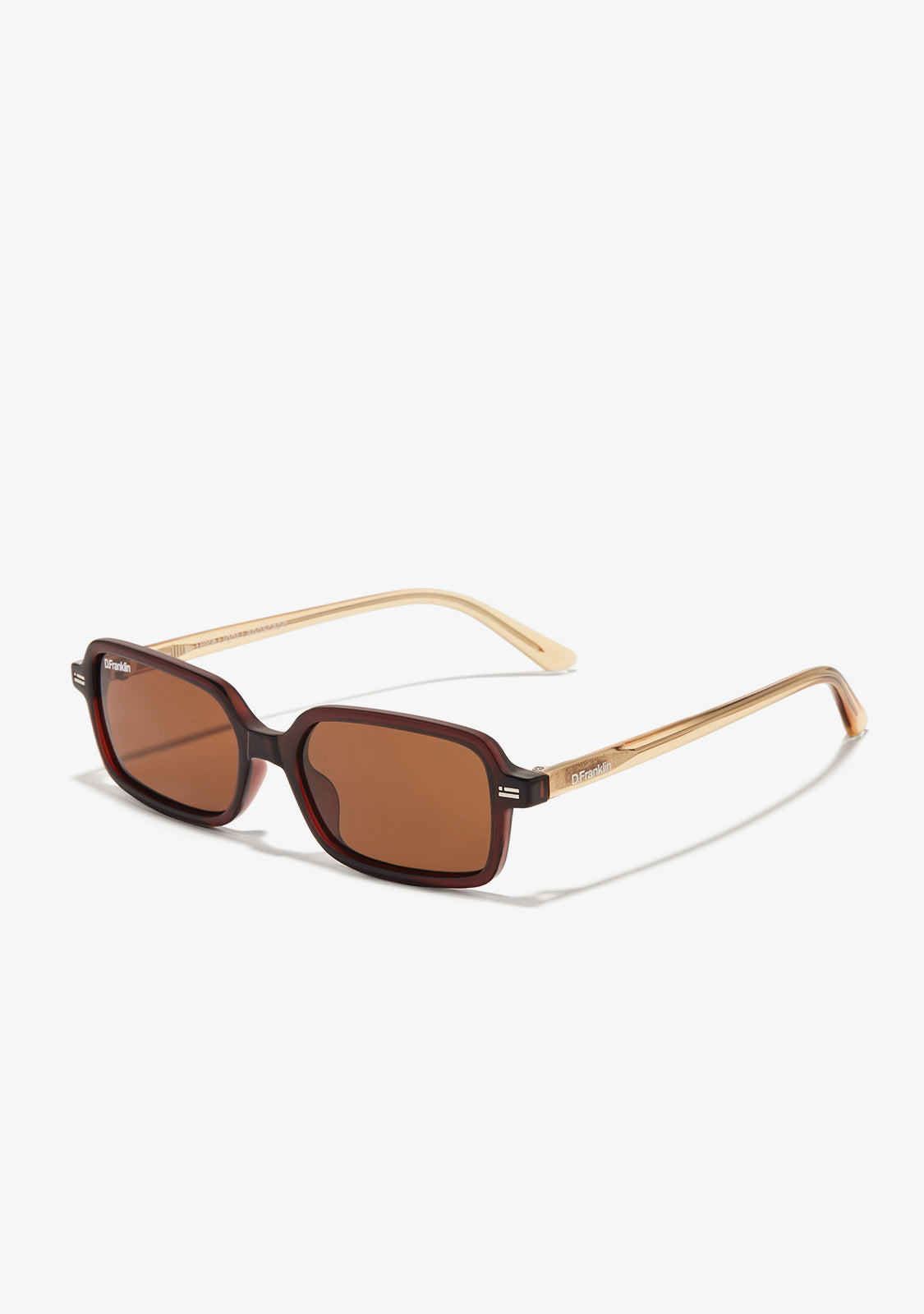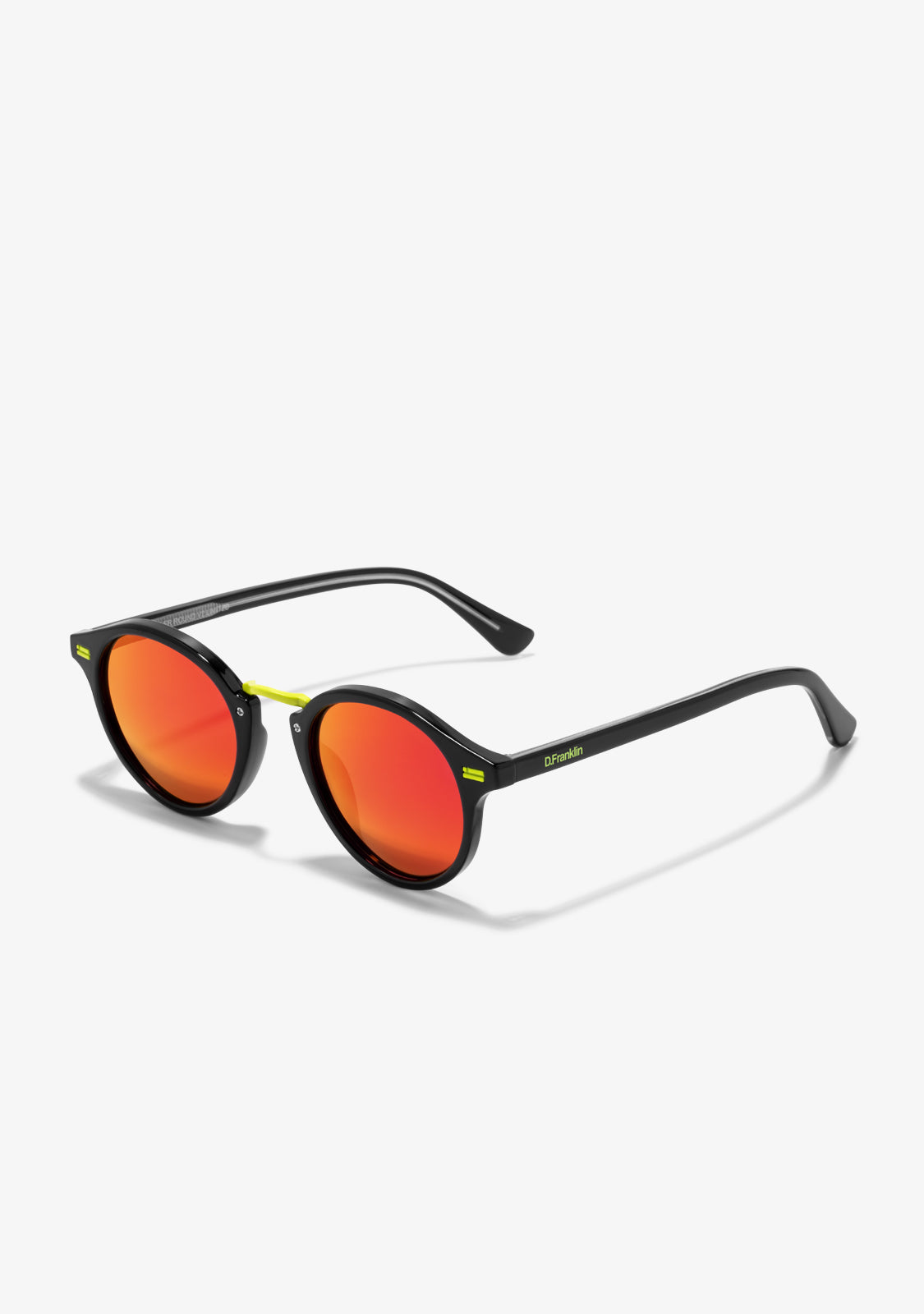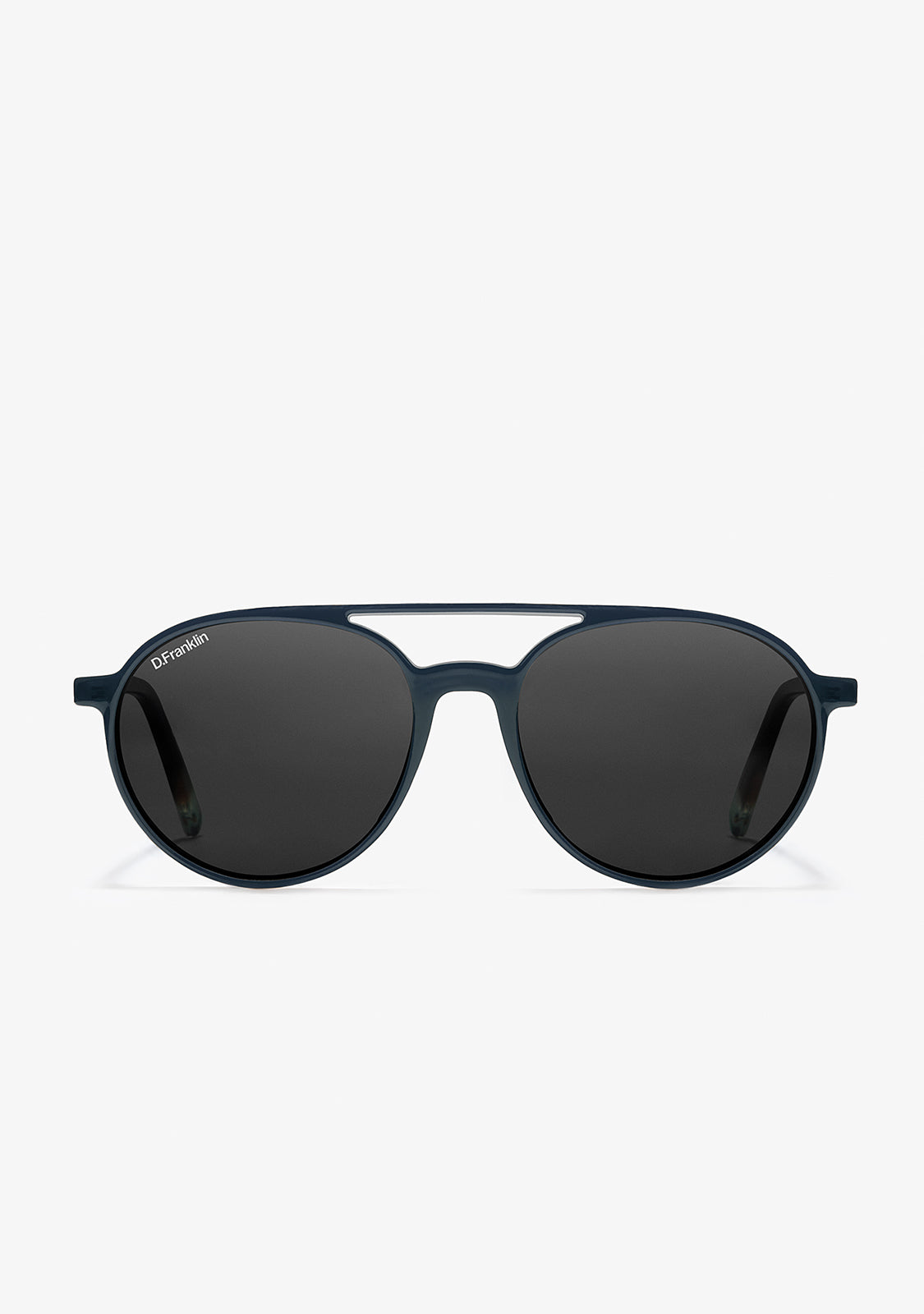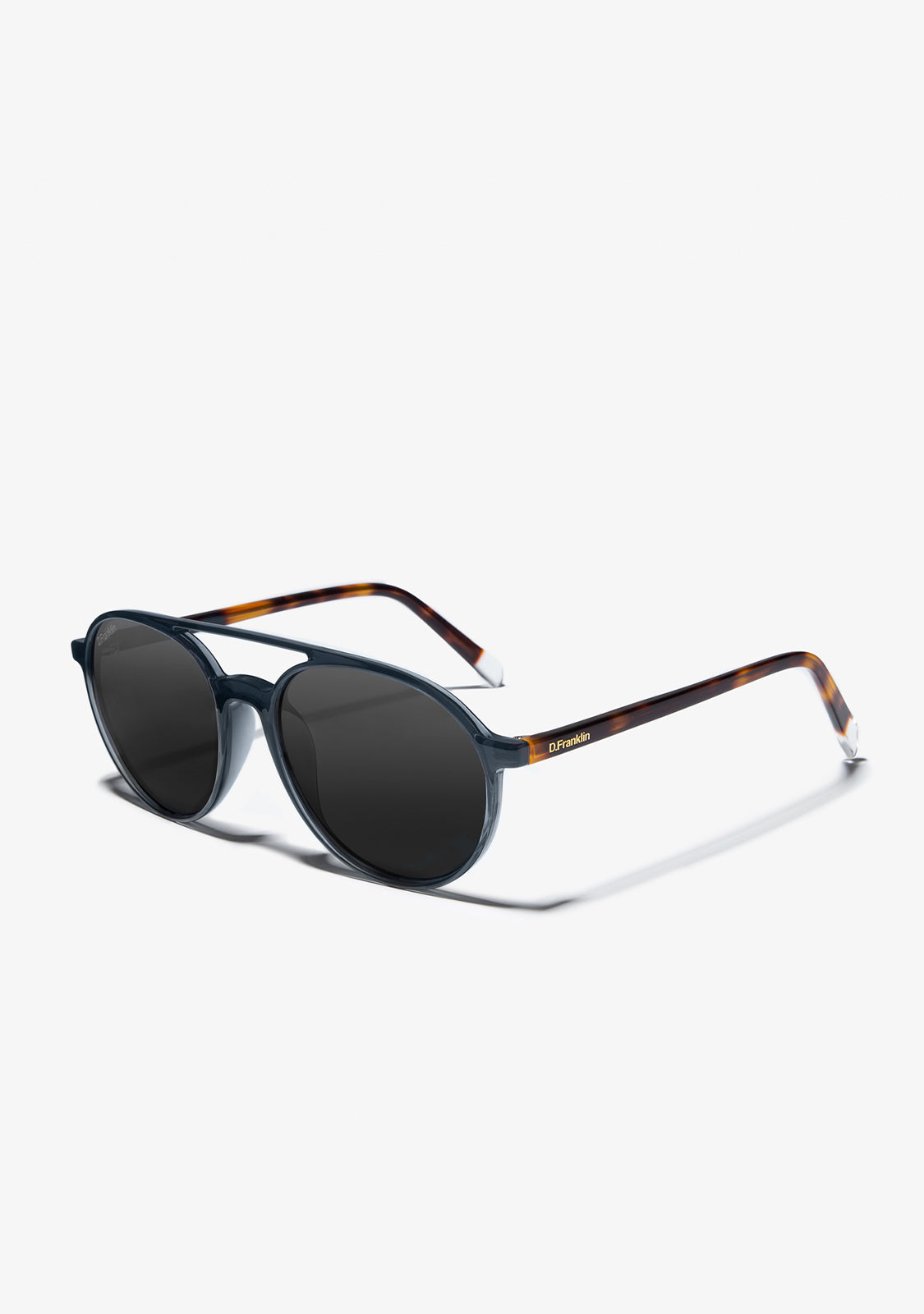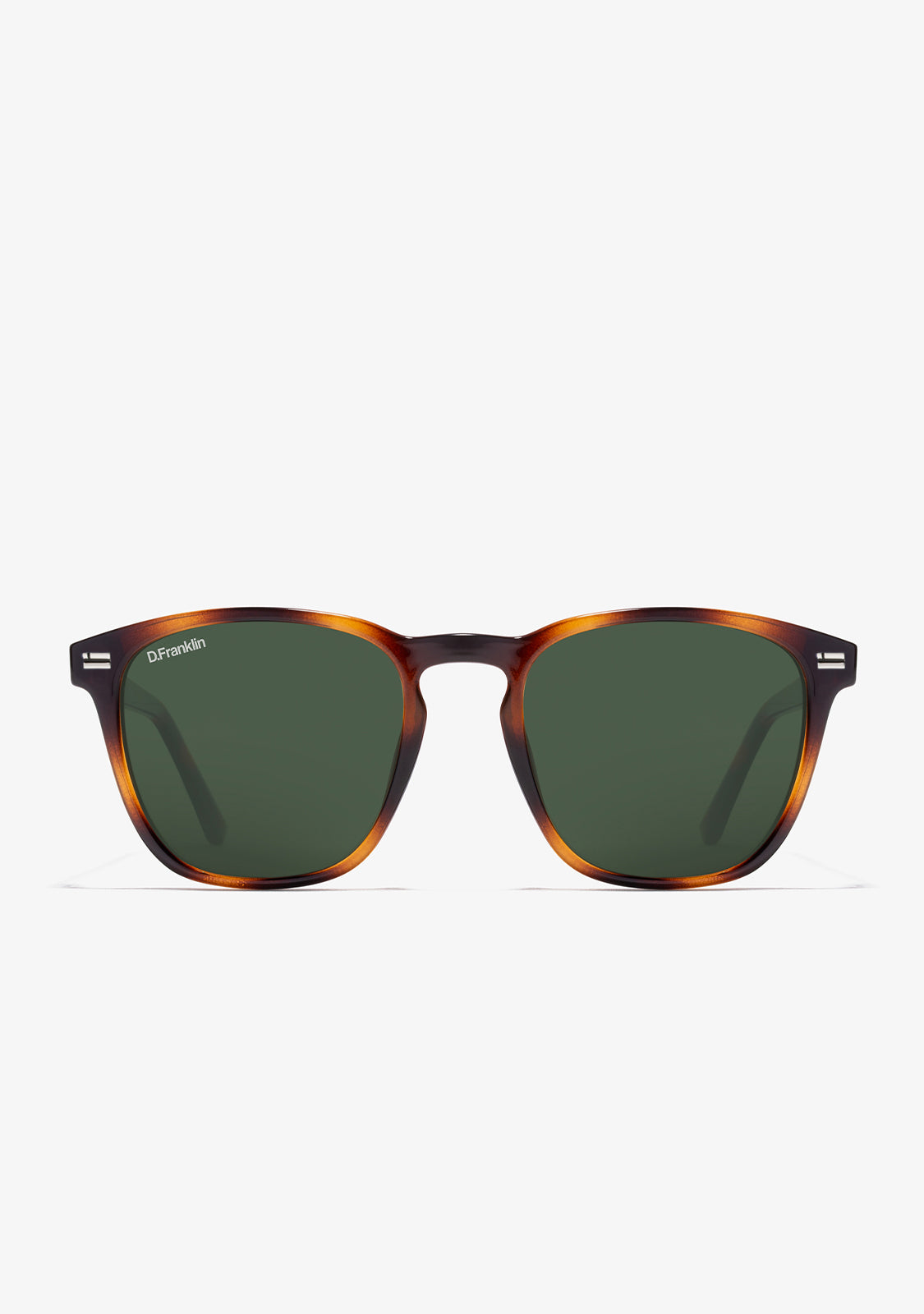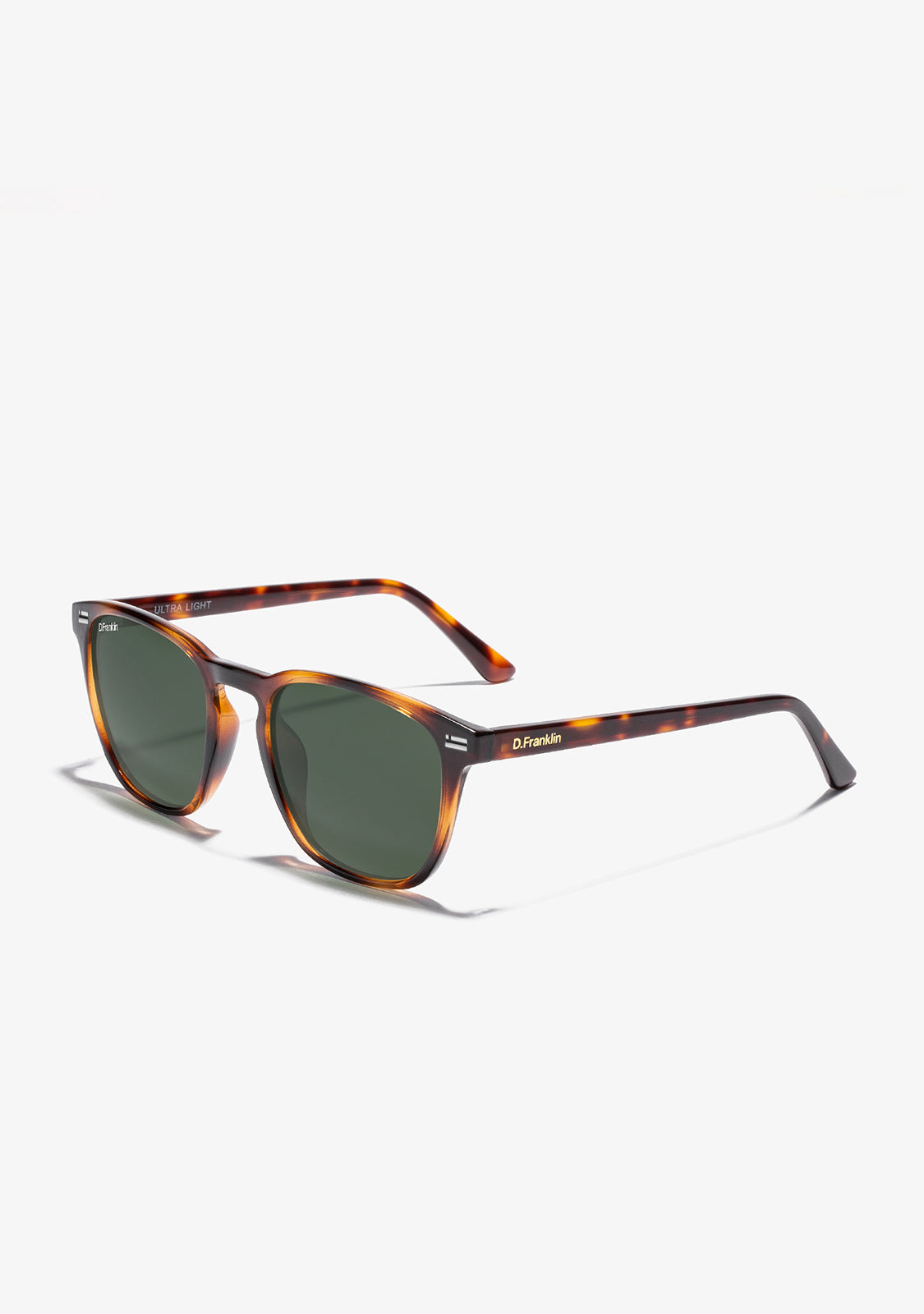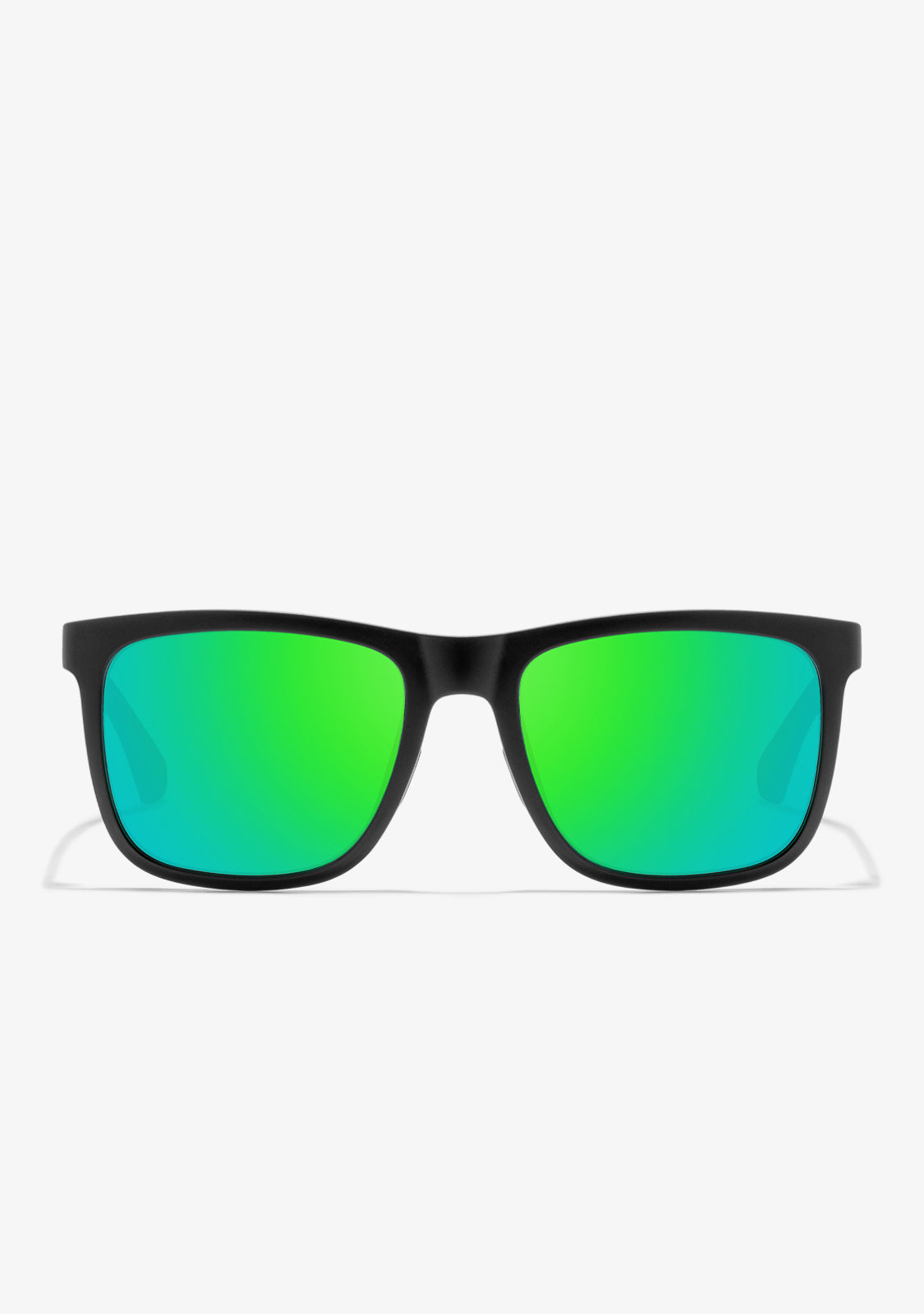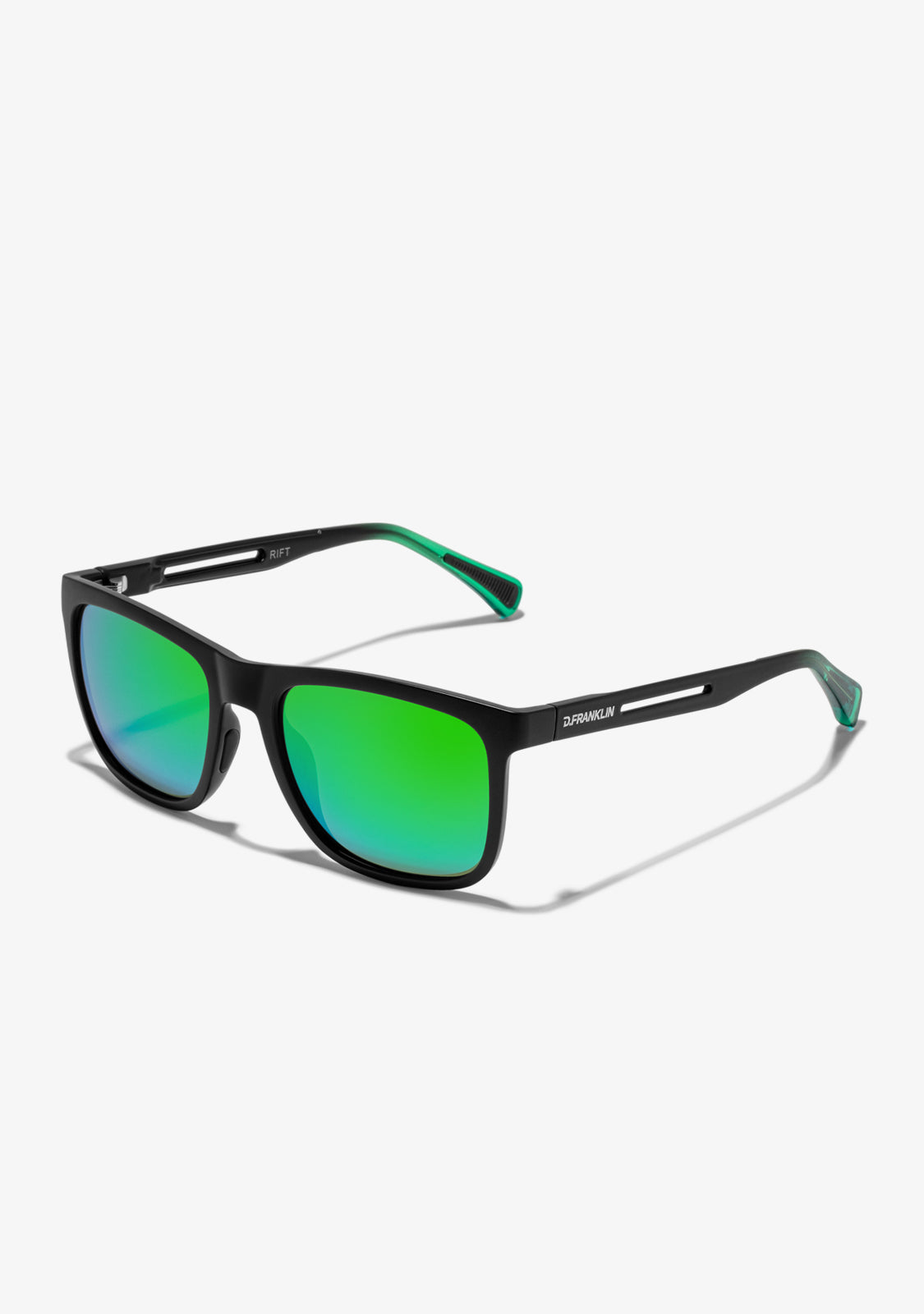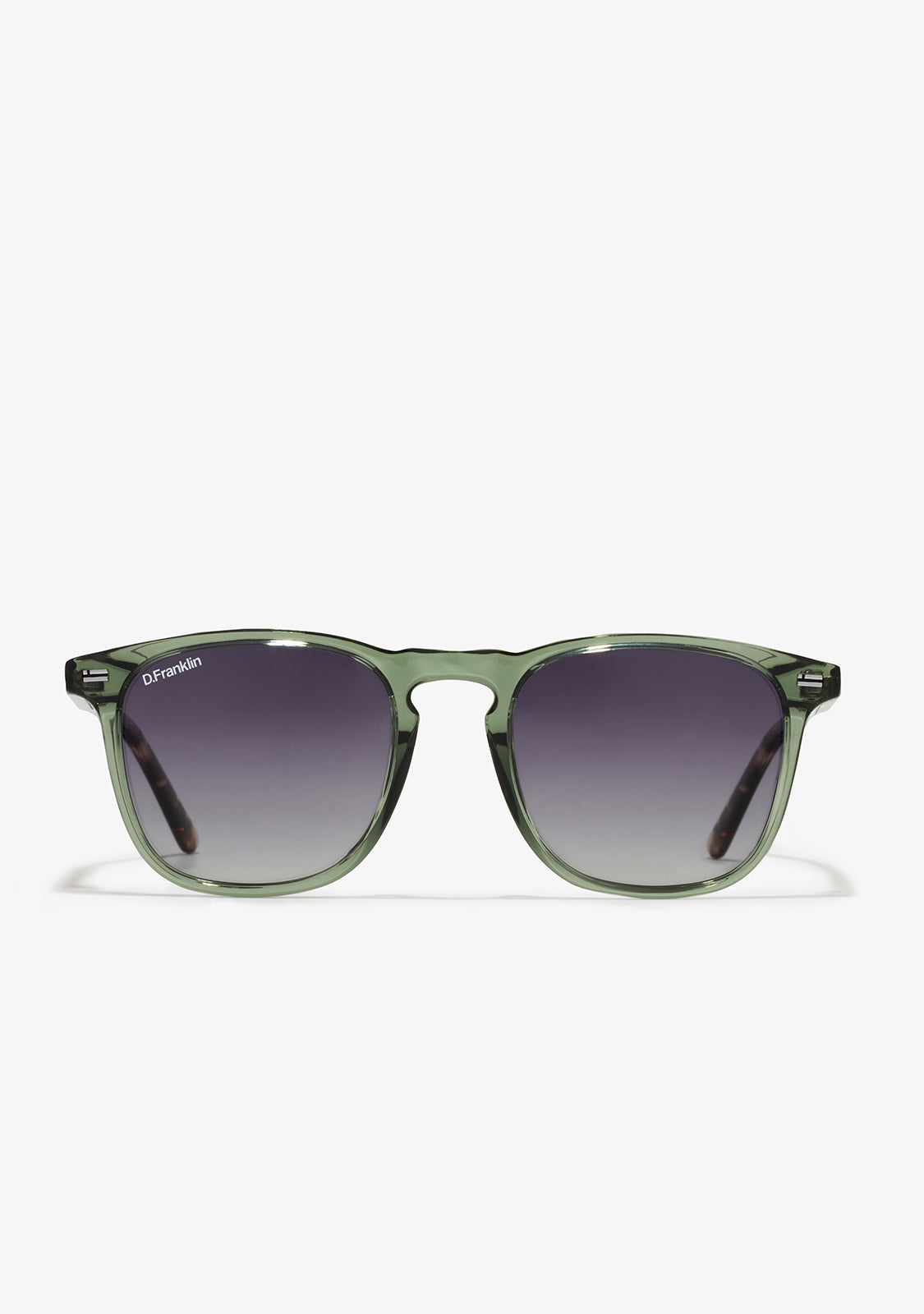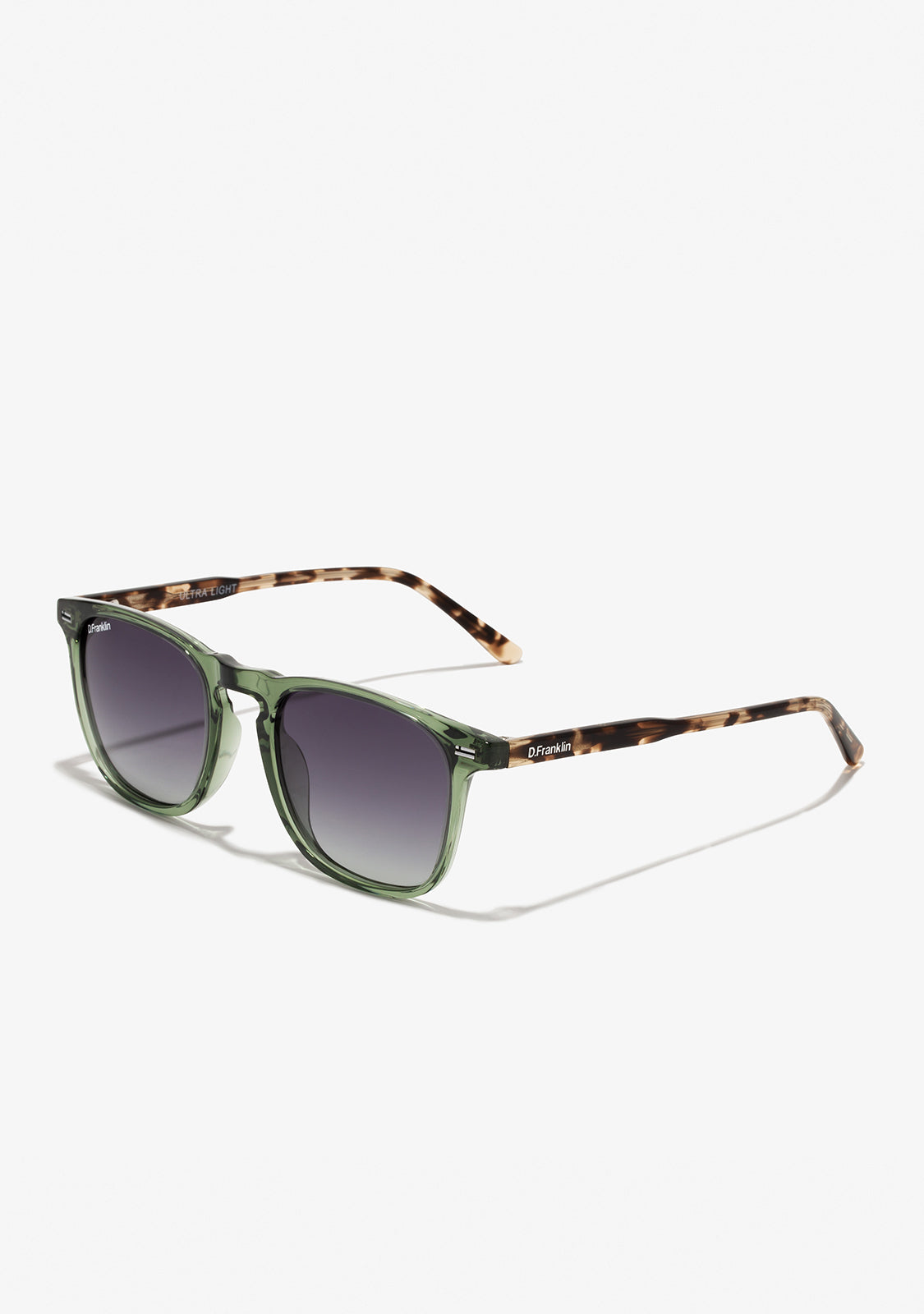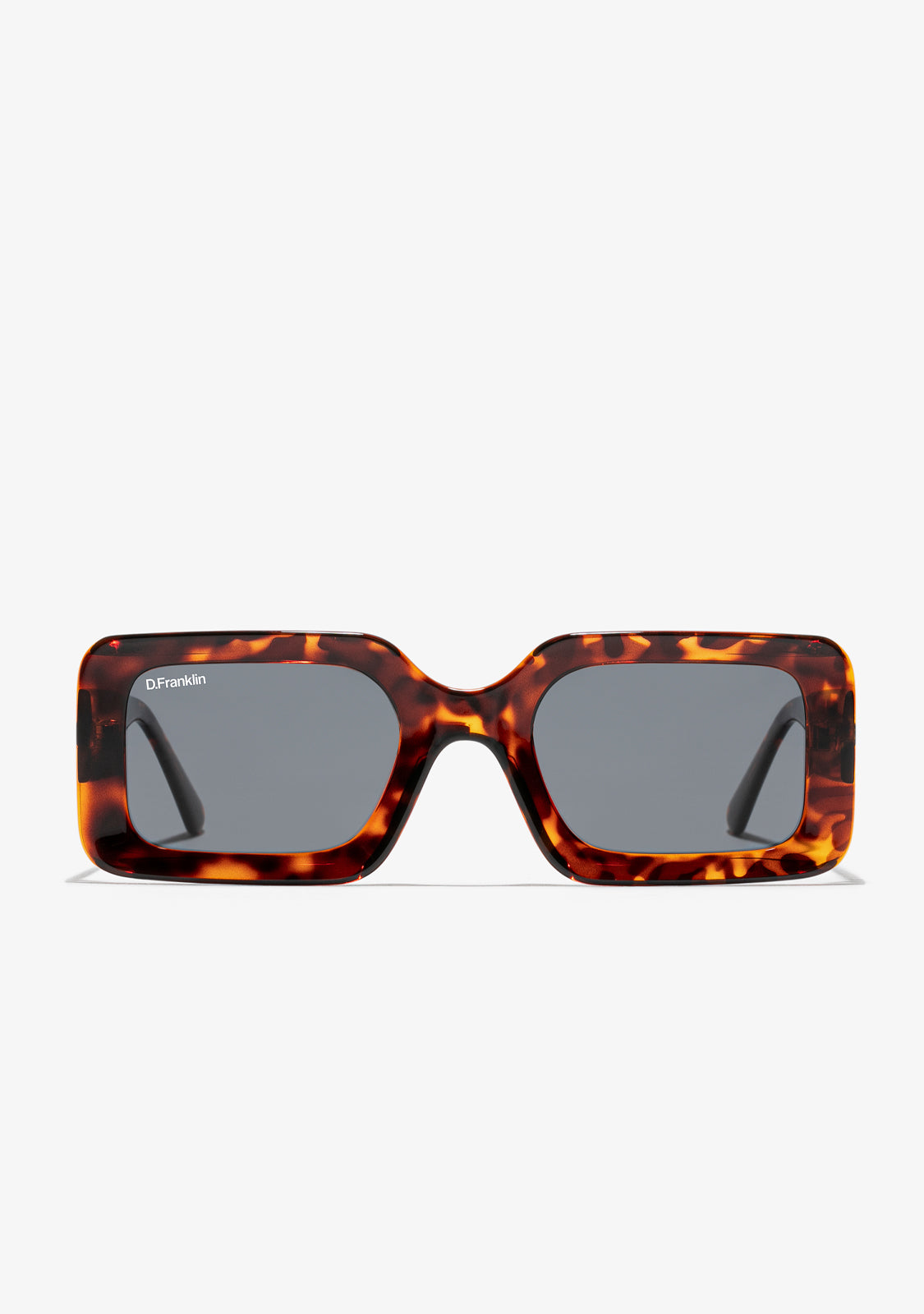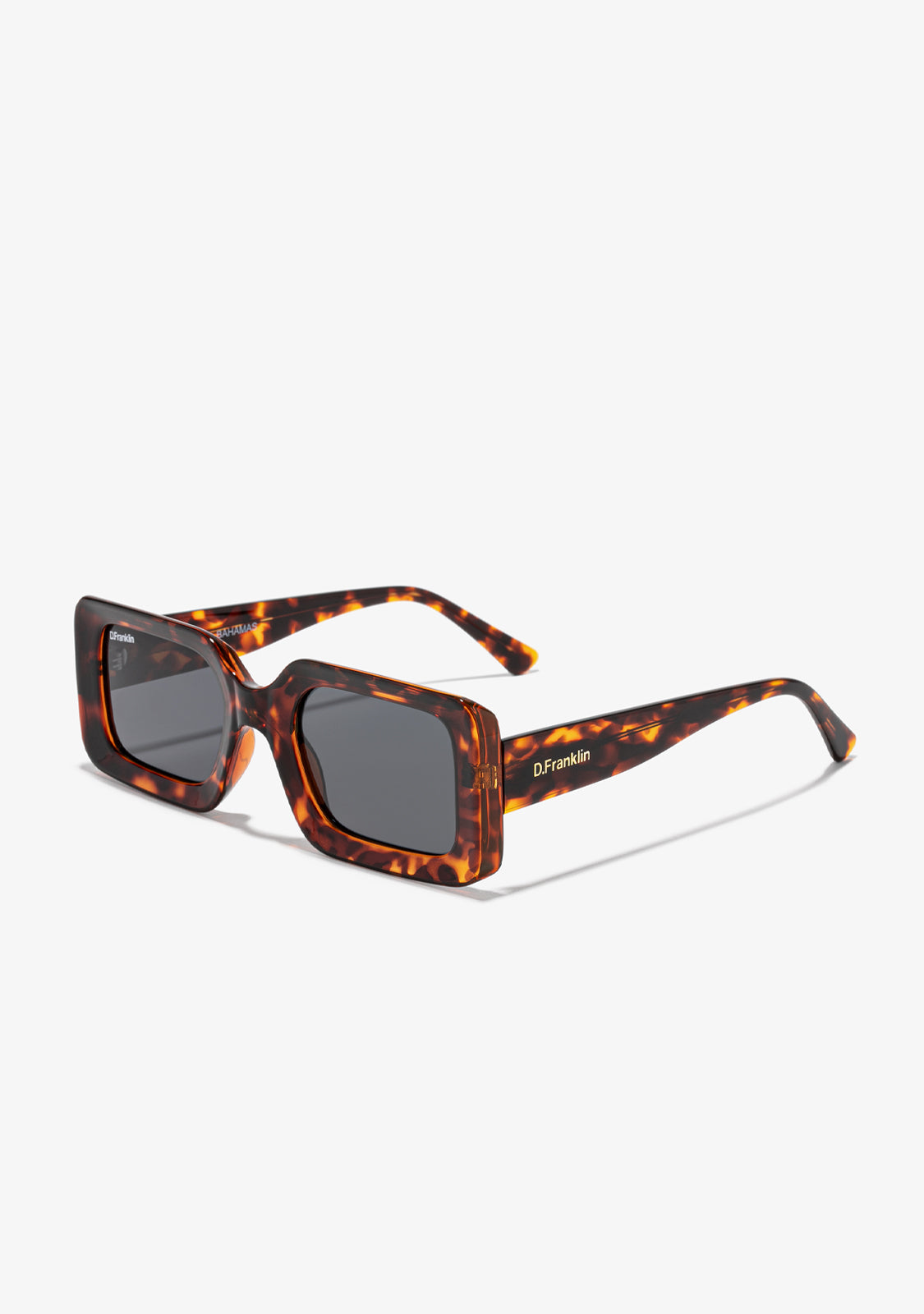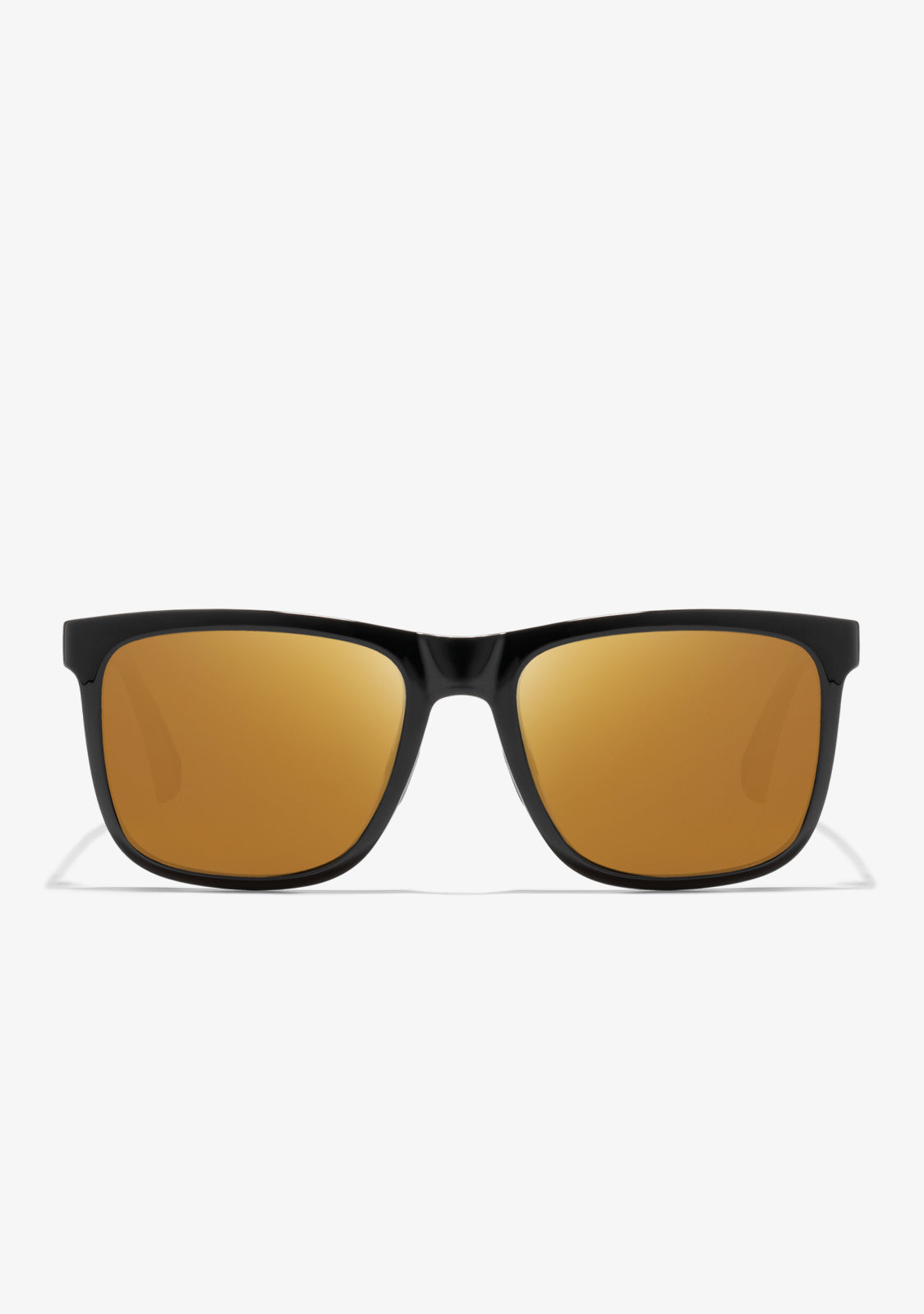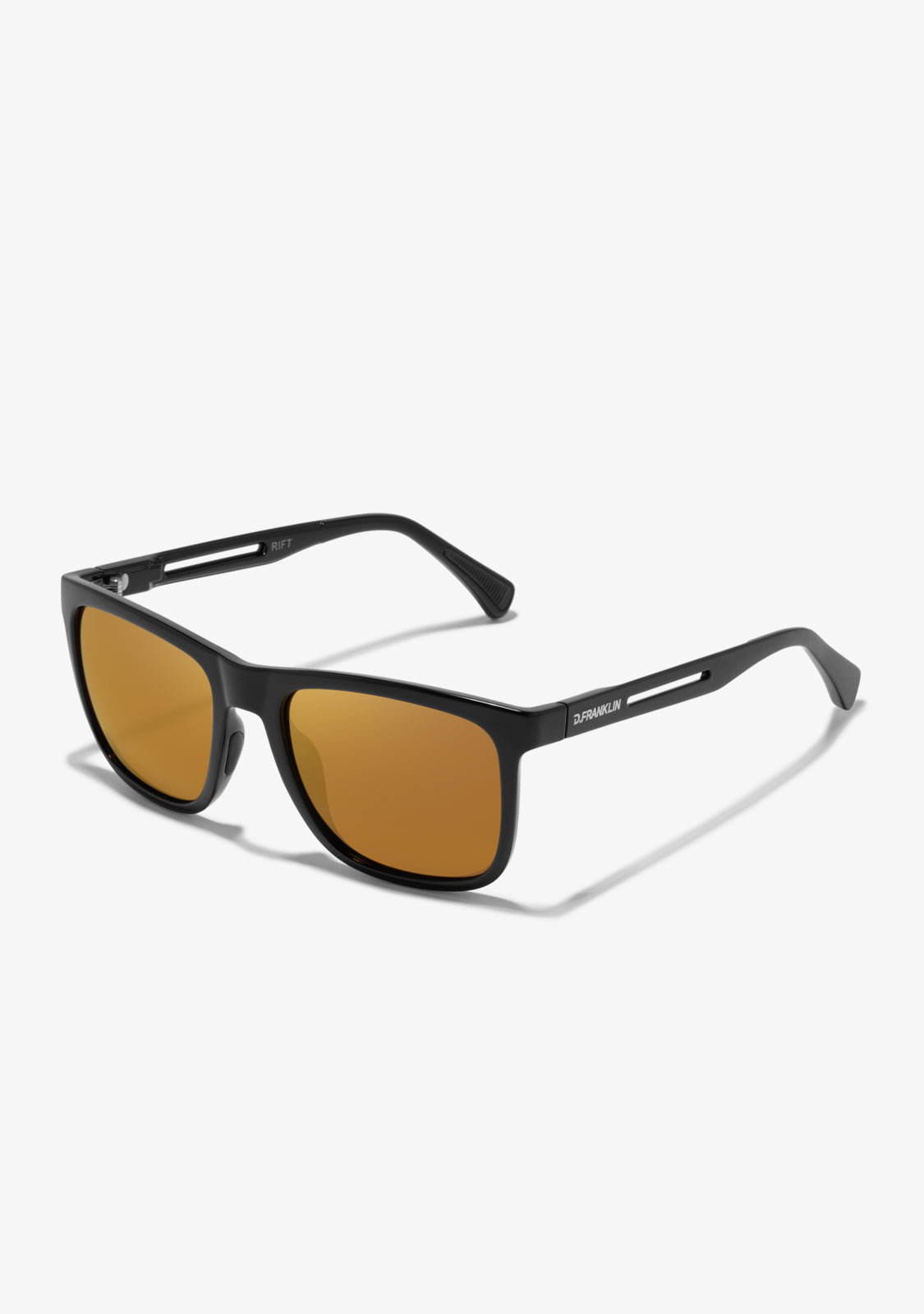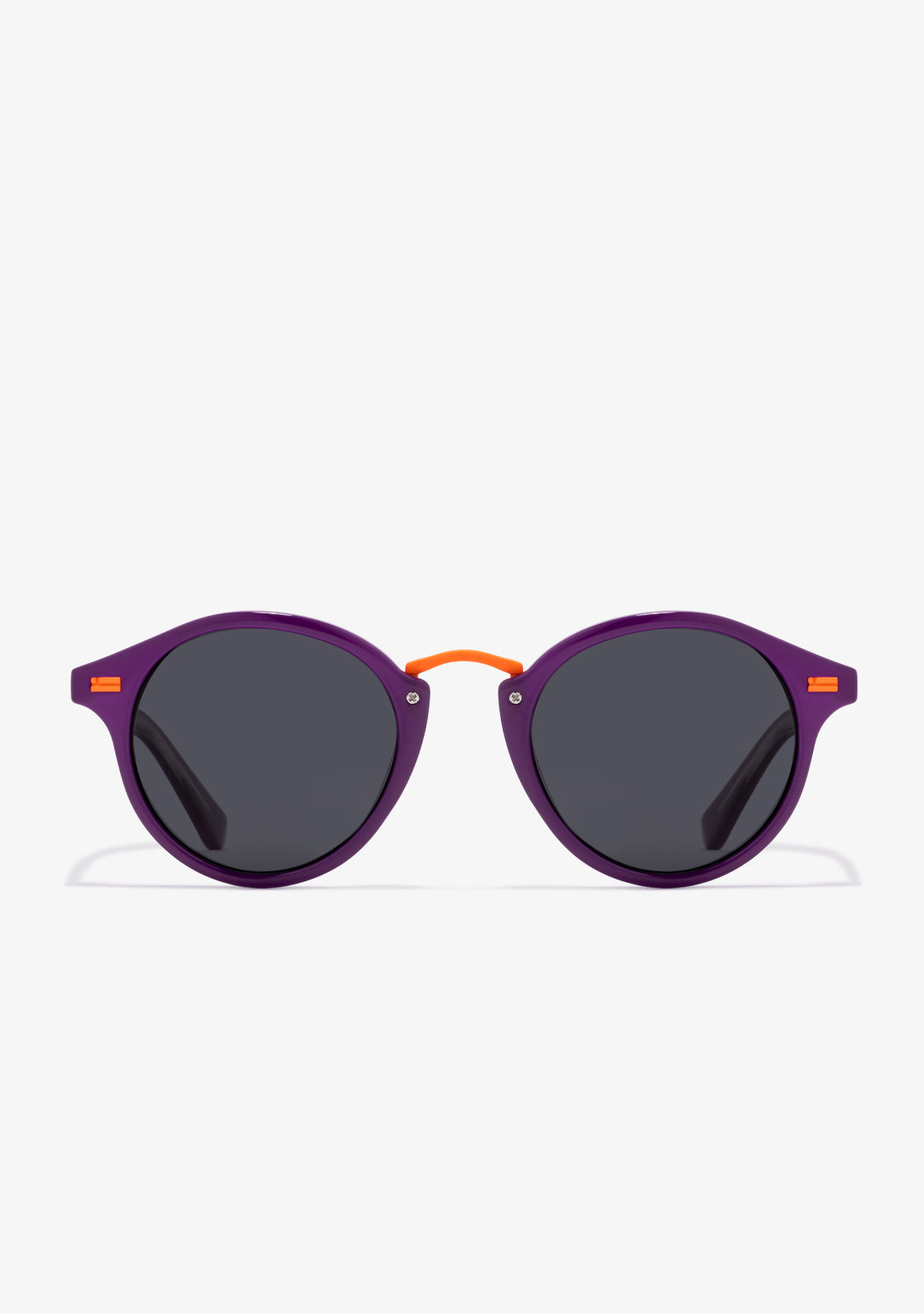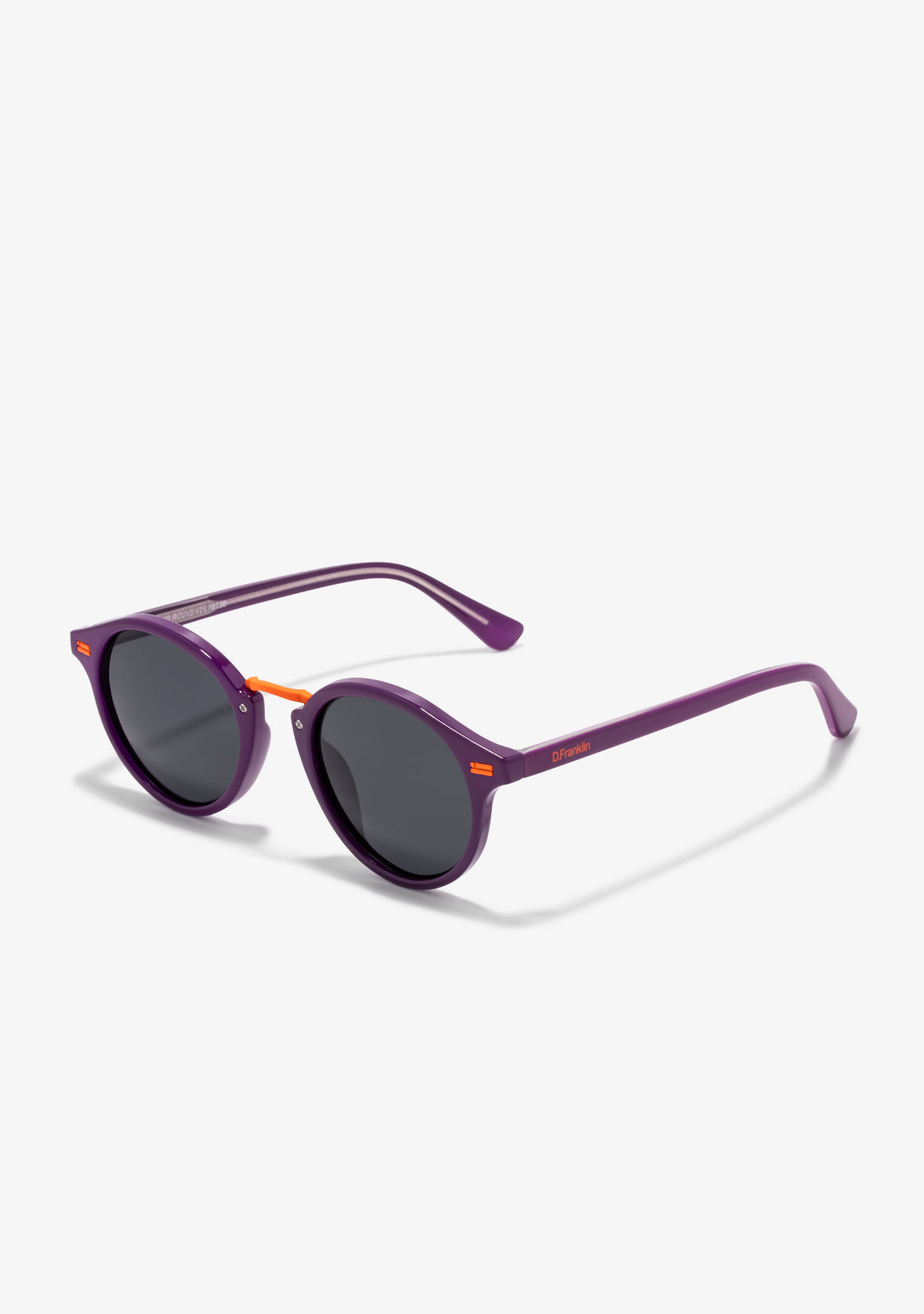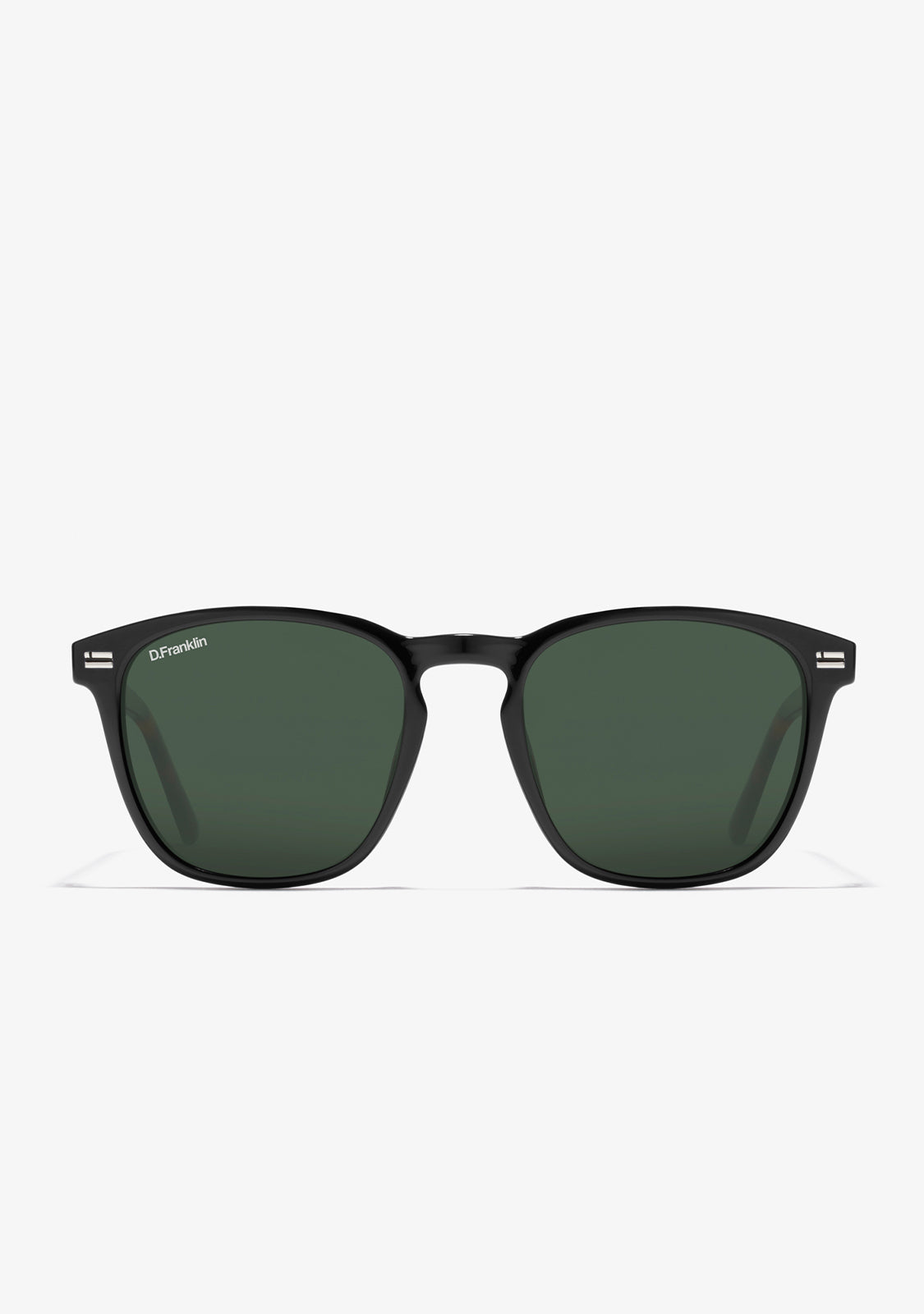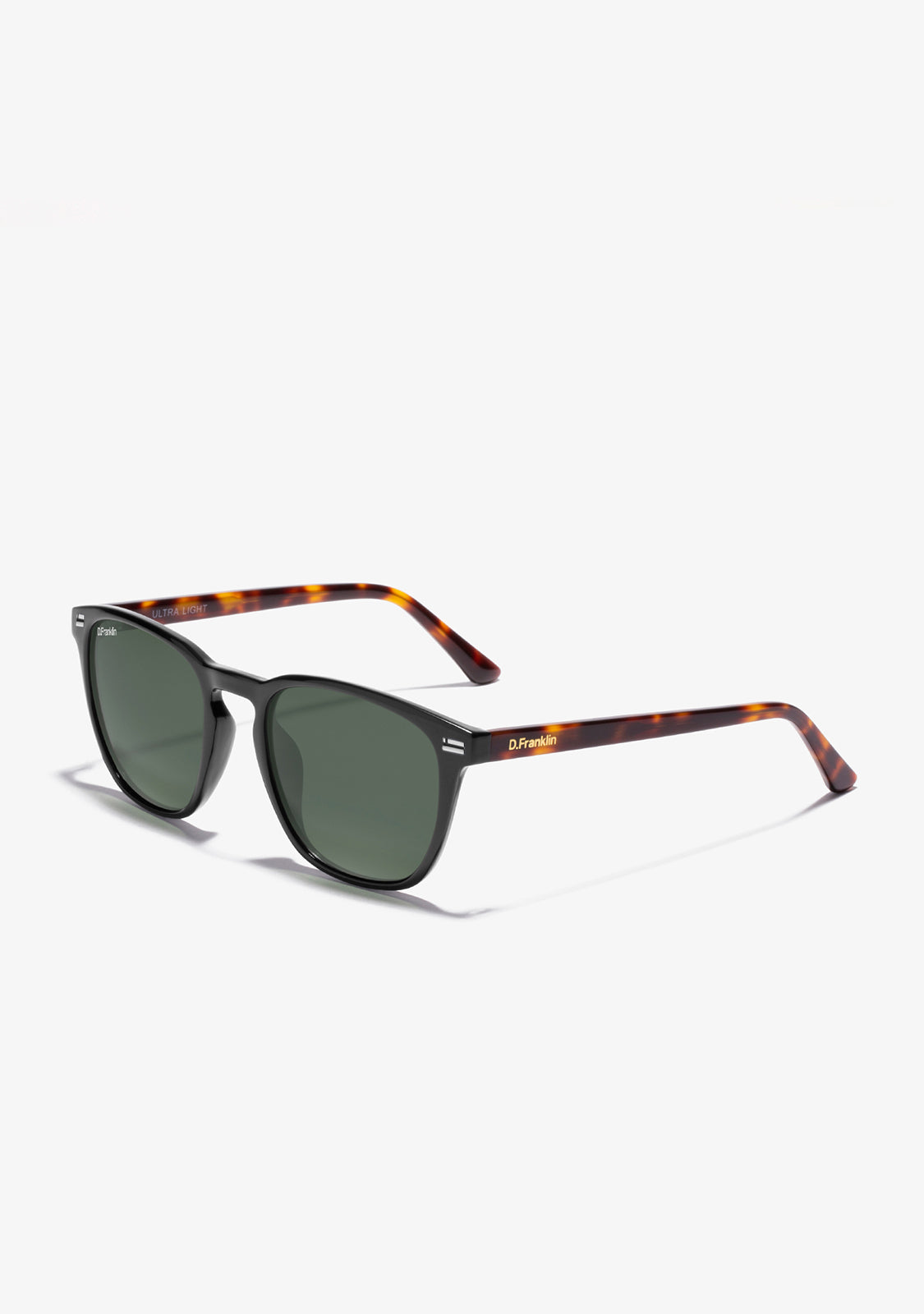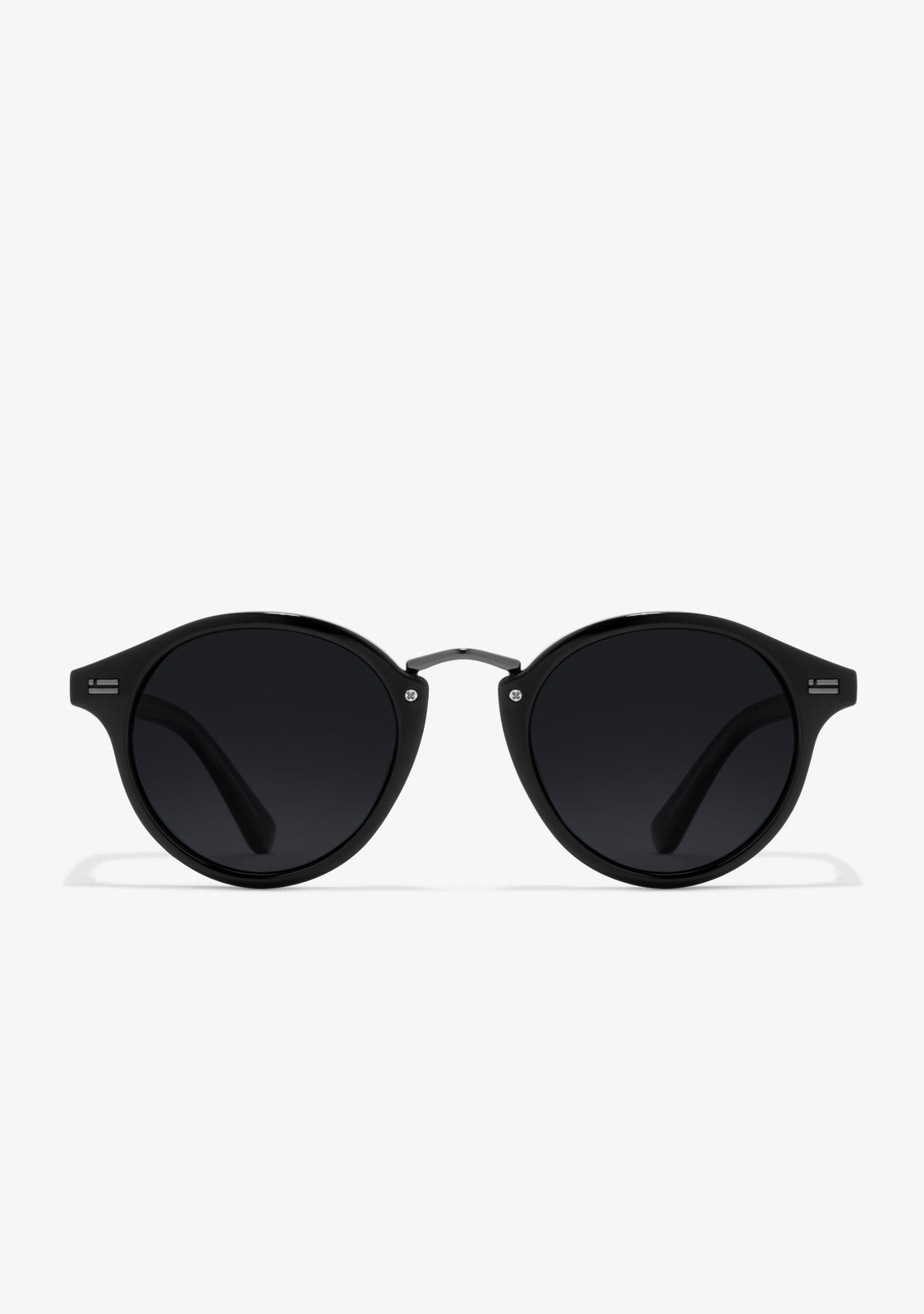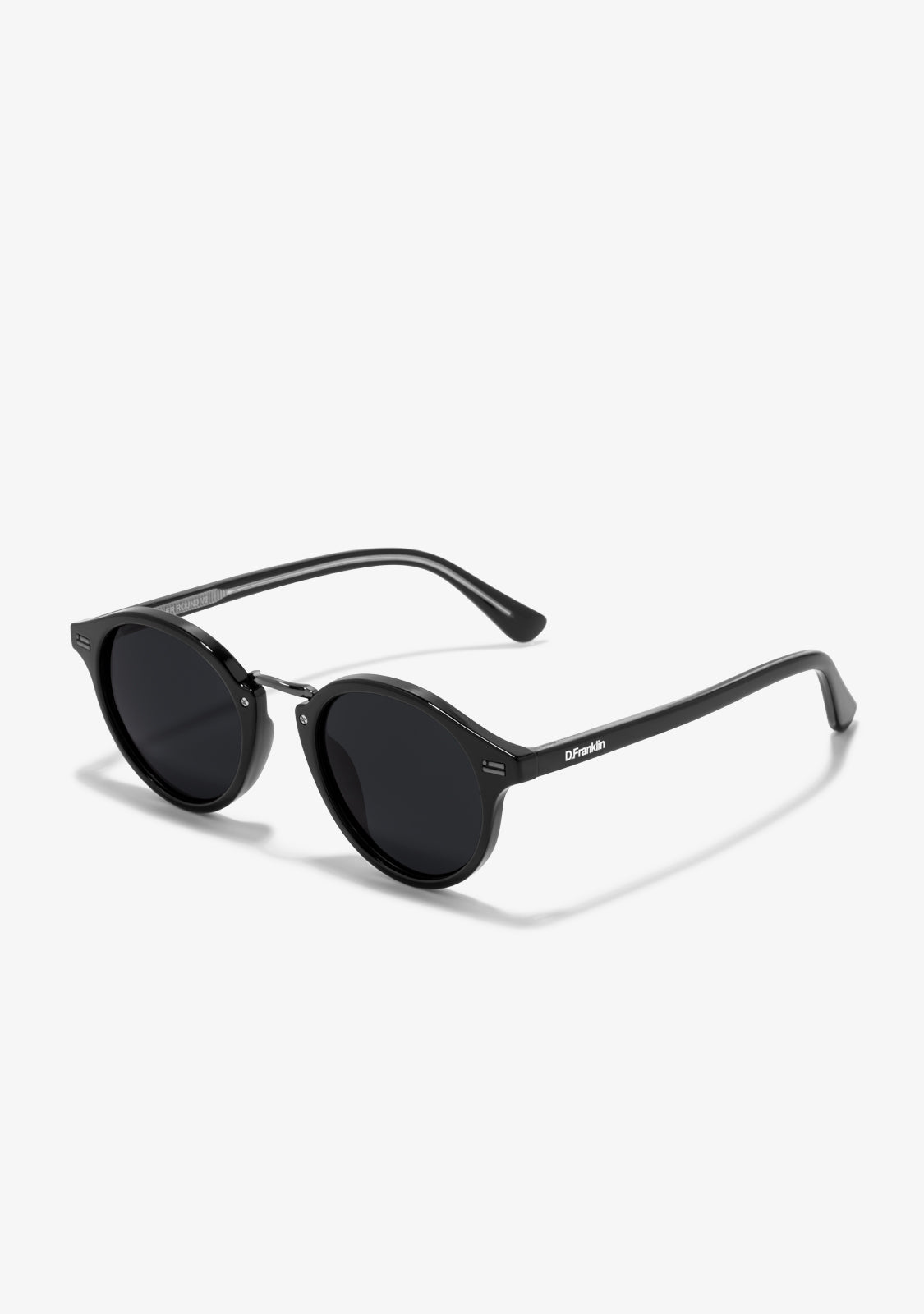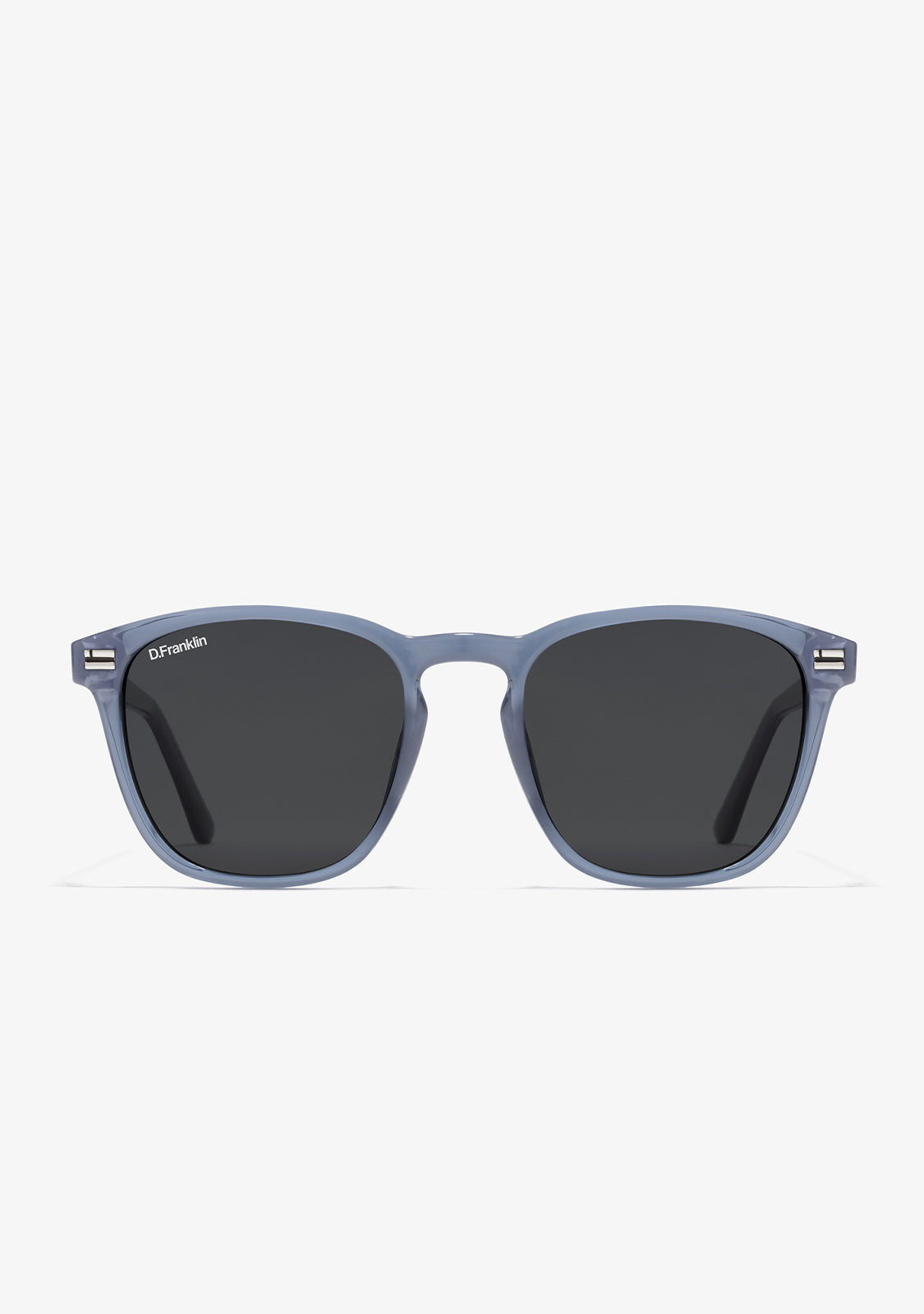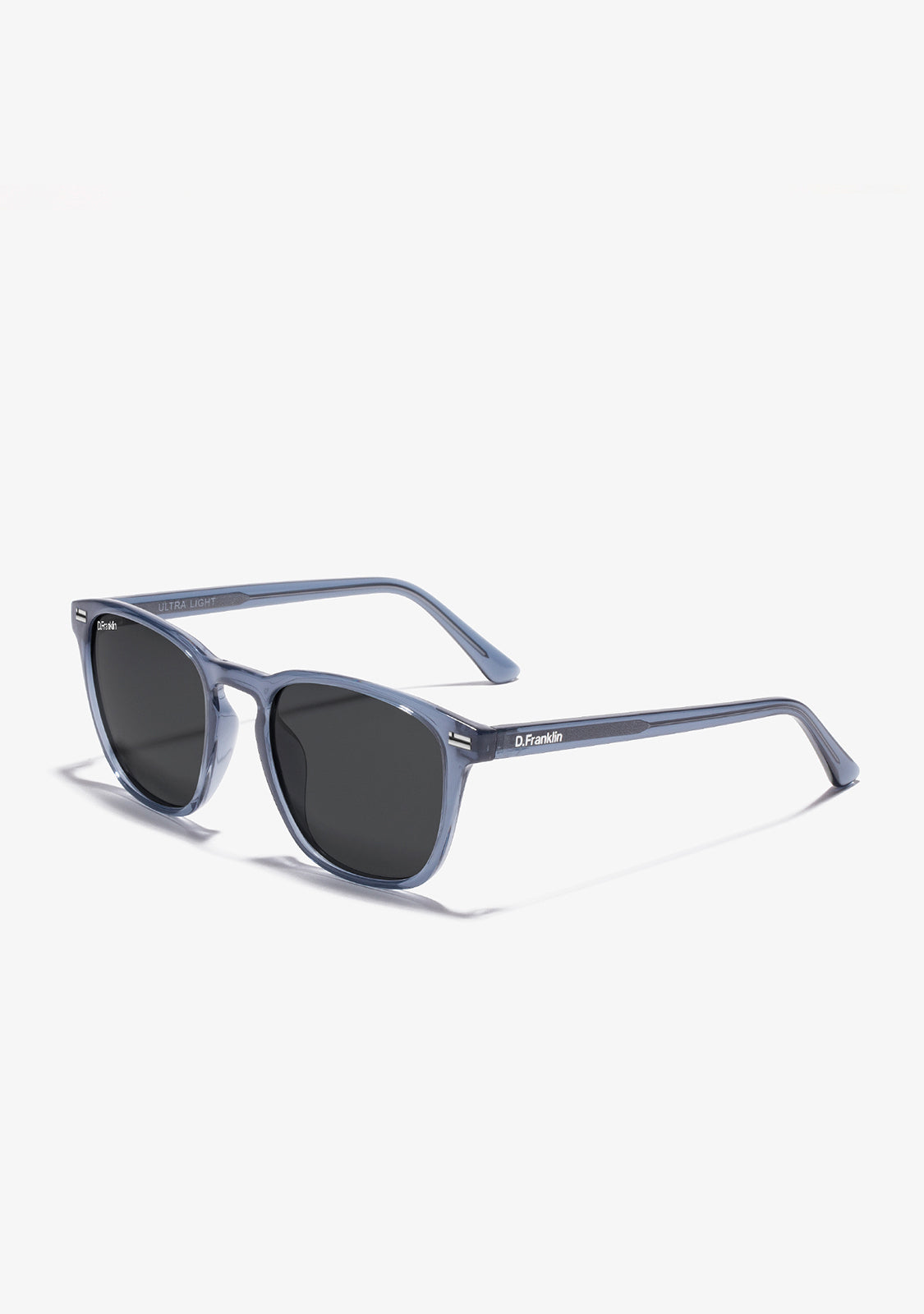Discover maximum protection and style with our polarized sunglasses for both men and women. Lenses characterized by neutralizing reflections or glare from horizontal surfaces, improving the clarity of everything we see. They are, without a doubt, the star lenses that everyone wants to wear.
What does polarized mean?
Sunglasses, regardless of their size and material, must protect against UV rays. So, What does polarized mean? It is a type of filter that only allows light to pass through in a vertical direction, or in other words, it blocks the passage of horizontal light when it bounces off surfaces such as water, the ground, or ice.
This type of sunglasses has a diagonal coating that is imperceptible to the human eye, reducing eye fatigue. Additionally, the darker the lens, the higher the level of polarization.
Advantages of polarized sunglasses
- Reduced eye fatigue. Polarized lenses improve sharpness and light contrast, reducing eye fatigue.
- Ideal for outdoor activities. They are perfect for use as sports sunglasses, whether on land or in water.
- Clear vision. Lens polarization allows for greater color contrast, avoiding annoying glare.
- Visibility in shaded areas. They do not obstruct vision in shaded areas, ensuring clear vision at all times.
- Elimination of light glare. They prevent light glare that could pose a potential hazard to the user.
- Improves detail definition
- Variety of styles. Polarized sunglasses are available in a variety of shapes and fit all types of frames and styles, whether round, aviator, or oversized.
- Variety of shapes. They are compatible with all types of frames and styles, such as round, aviator, or oversized frames.
Discover the world with clear vision and without annoying glare with our polarized sunglasses!
Difference between UV400 and polarized
People often confuse the meaning of polarization and UV 400 protection. While the latter protect against the sun's rays, polarized sunglasses improve your visibility by eliminating glare and should also protect against solar radiation. Let's just say that, beyond eye health, they have these characteristics.
How to tell if glasses are polarized
Polarization has nothing to do with the color of the lens, but rather with vectorially blocking the sun's rays so they don't cause glare. If you're curious and want to make sure the glasses you've purchased are polarized, you can do the following:
- First method. Place the lens in front of an LCD screen, such as a computer screen, and see if the light through it progressively darkens or brightens as you turn the angle of the lens. If this happens, it indicates the lens is polarized.
- Second method. Select two lenses and form an L-shaped angle (90 degrees). If darkening occurs, it means the lenses are polarized.
What's better, polarized or regular lenses?
It depends on the environment you're in. Good sunglasses, even regular ones, will reduce light intensity and protect you from UV rays. The advantage of polarized glasses is that they prevent glare on reflective surfaces like water or snow. There's no one option that's better than the other; it all depends on how clearly you want to see. For example, they're highly recommended for driving during the day.
Te puede interesar
Sunglasses
